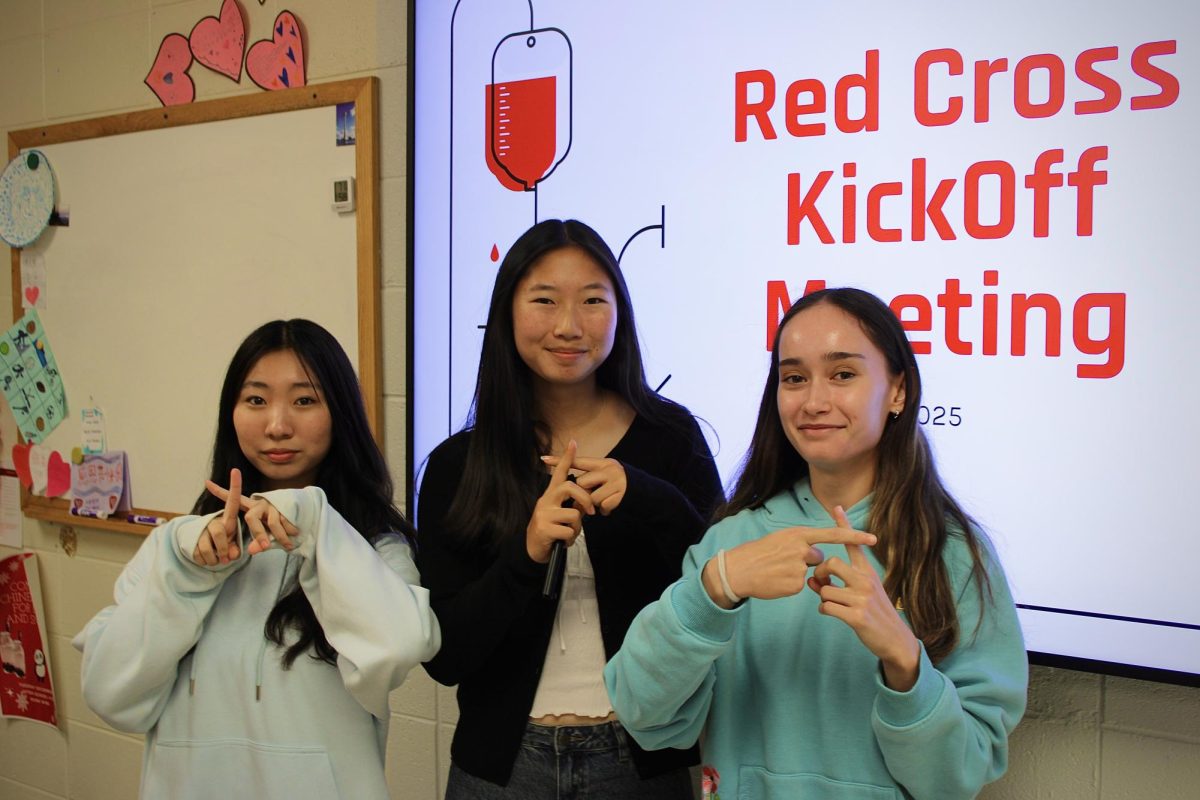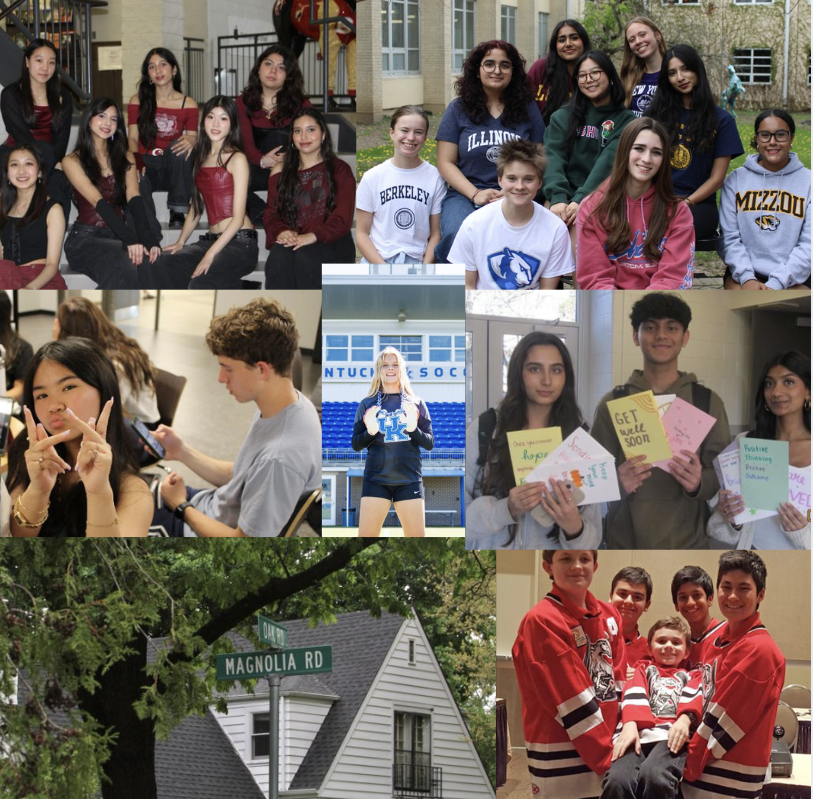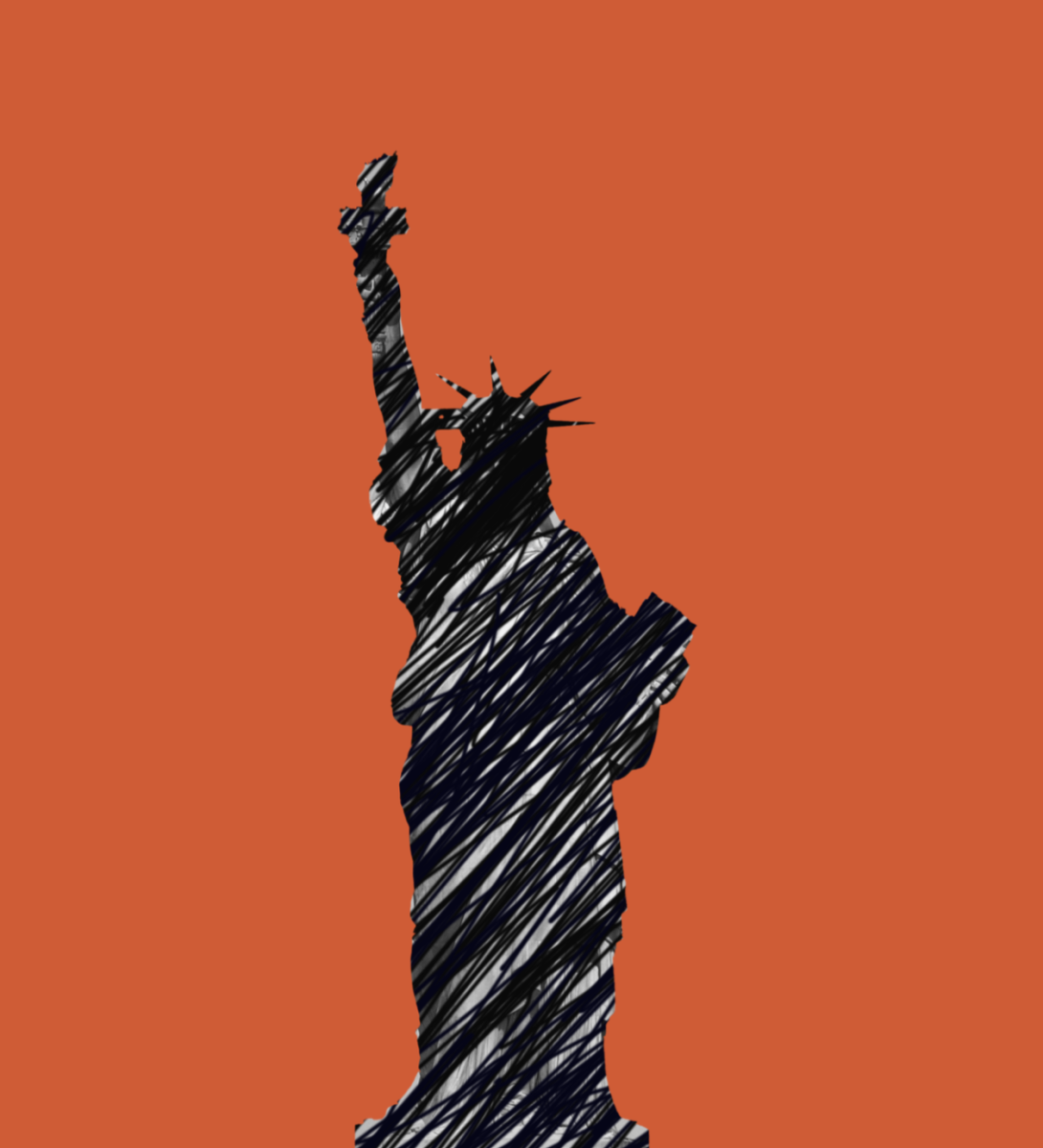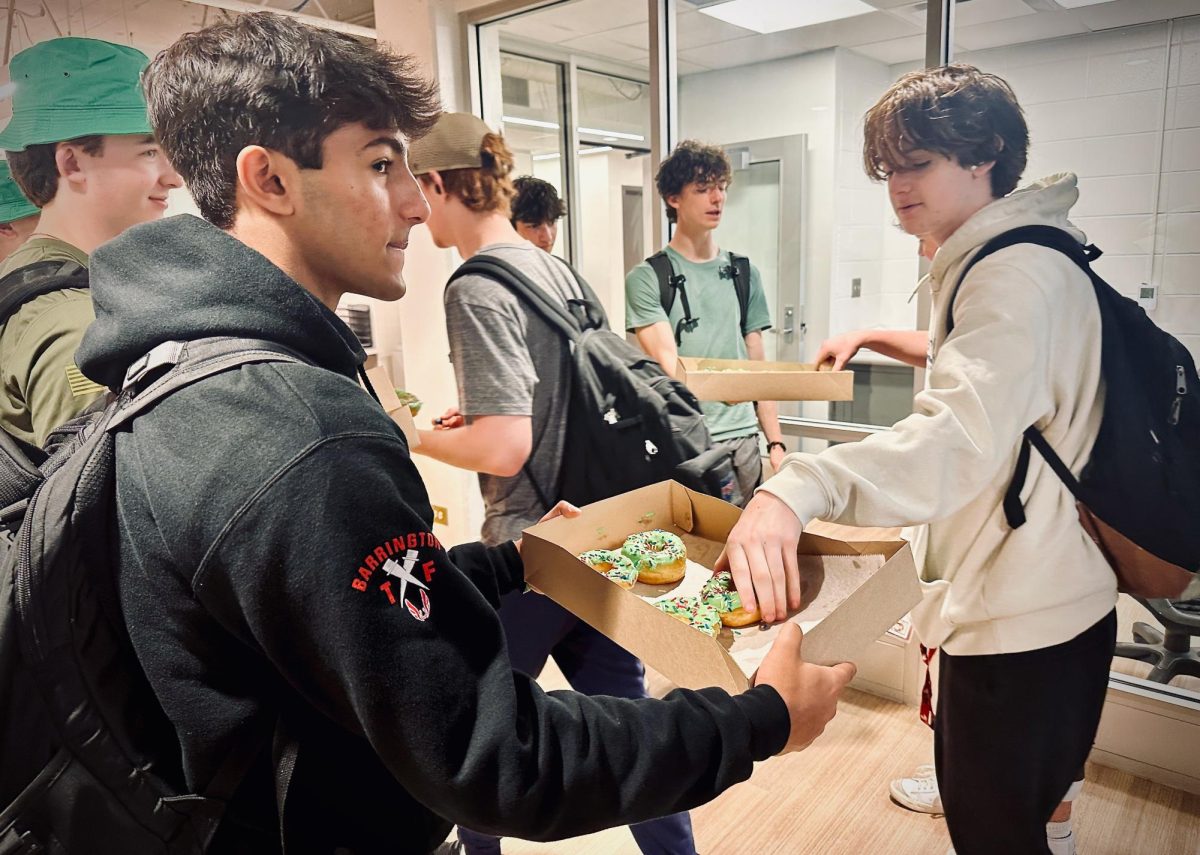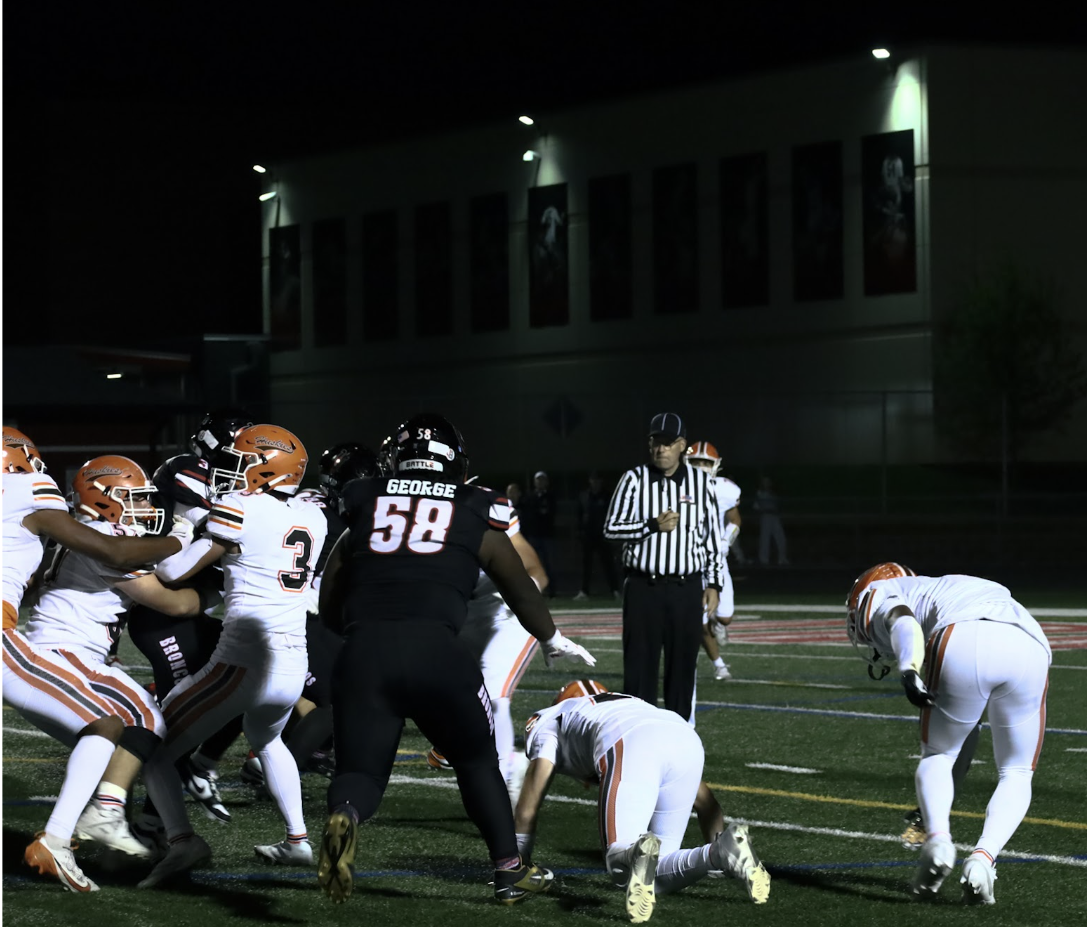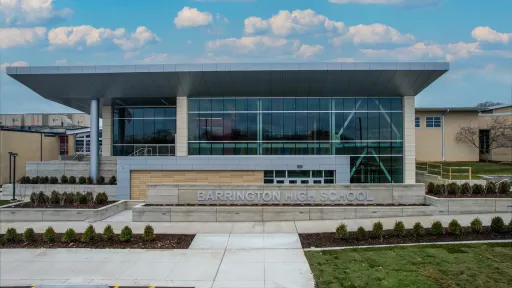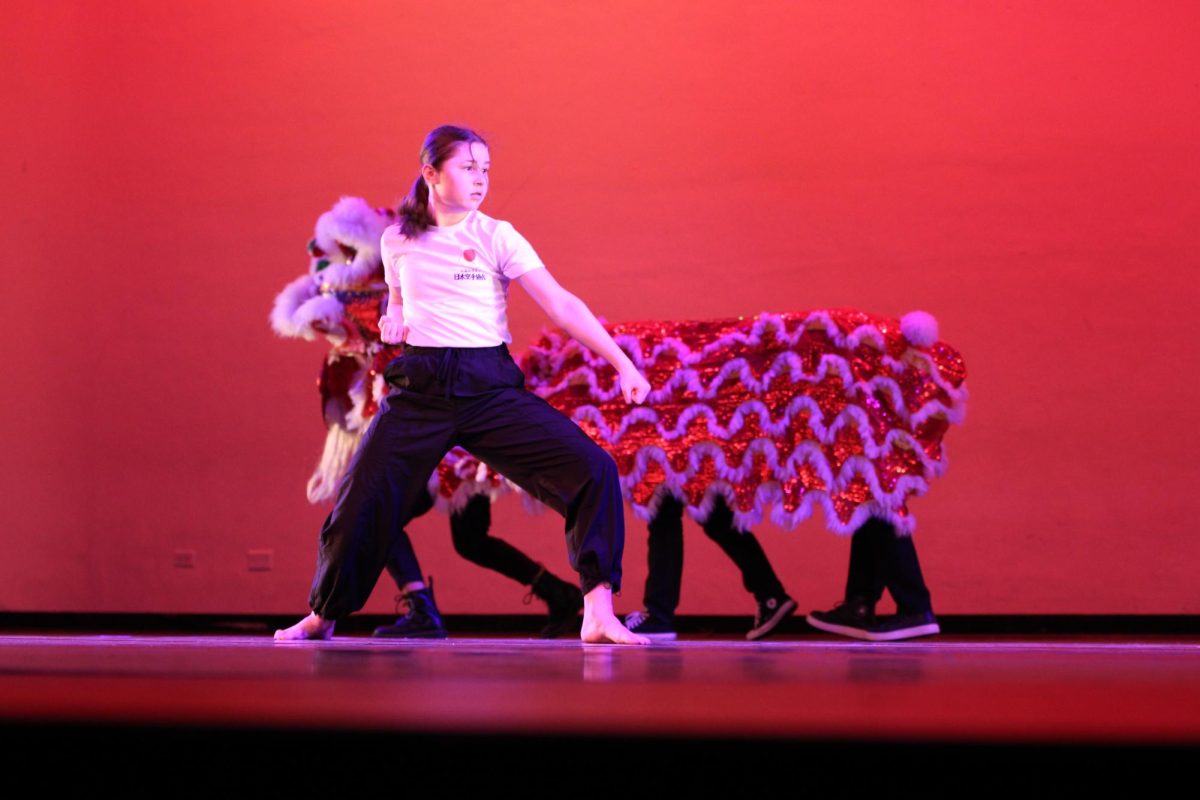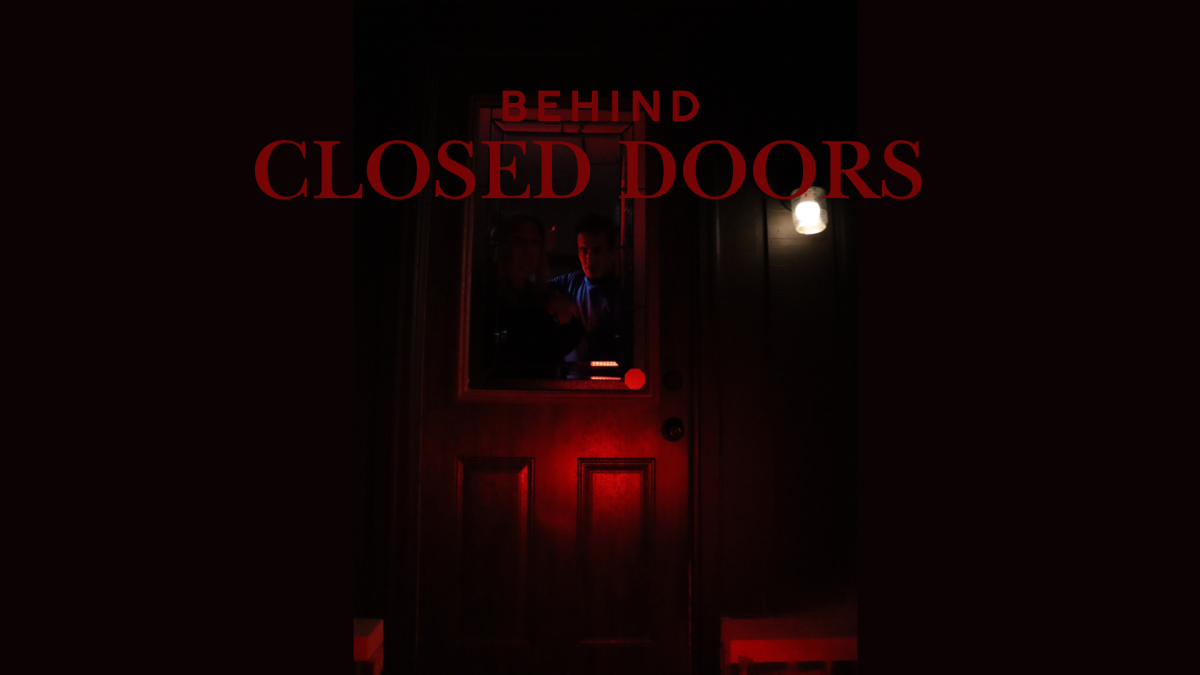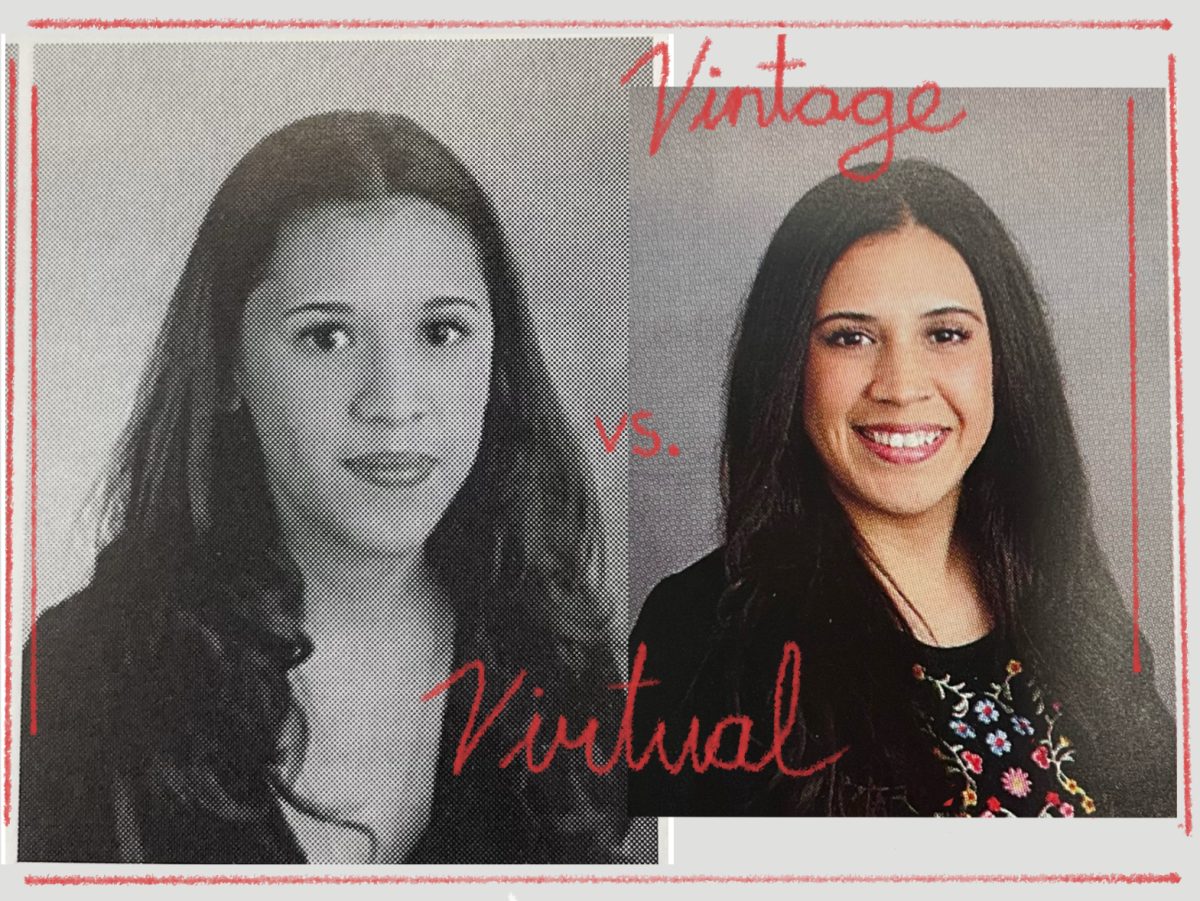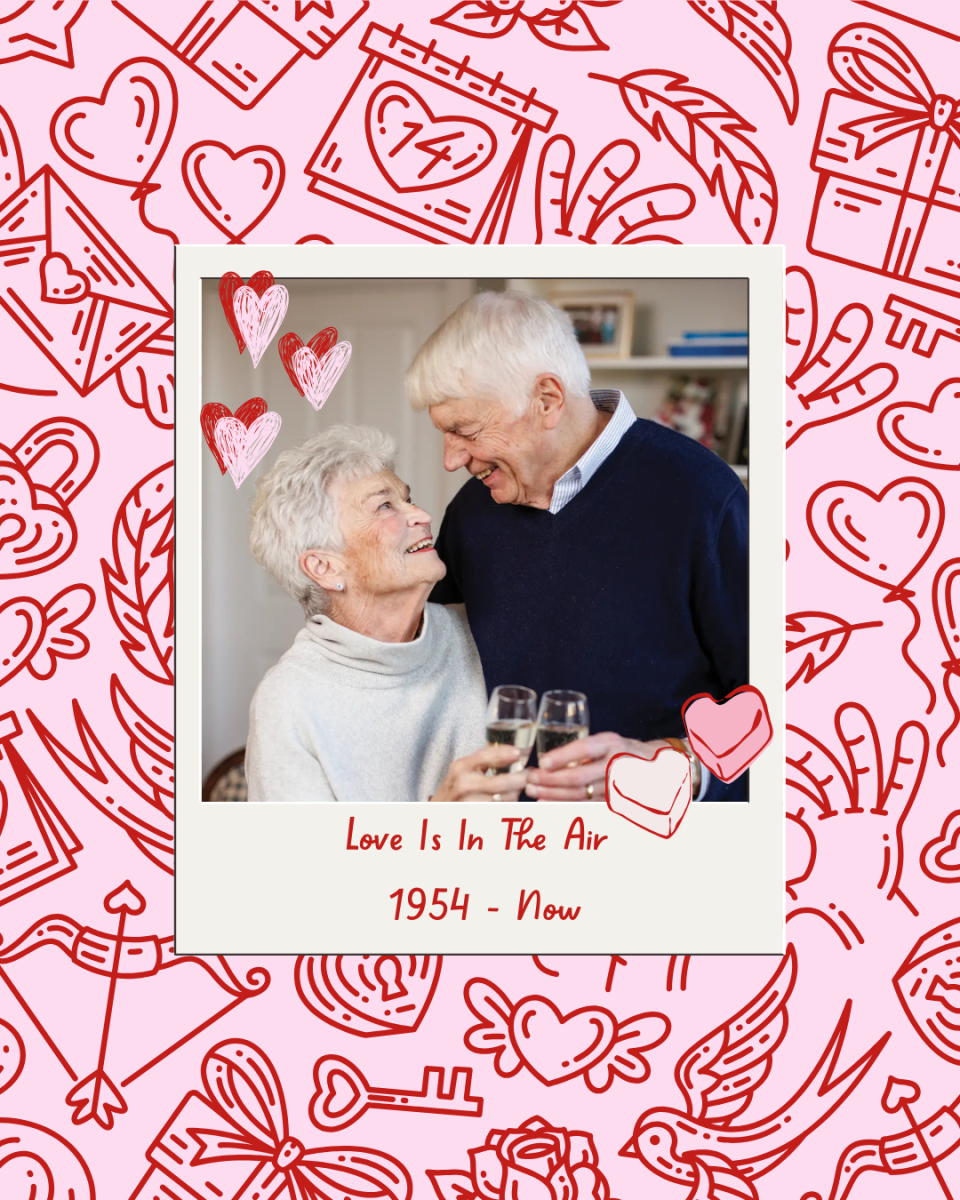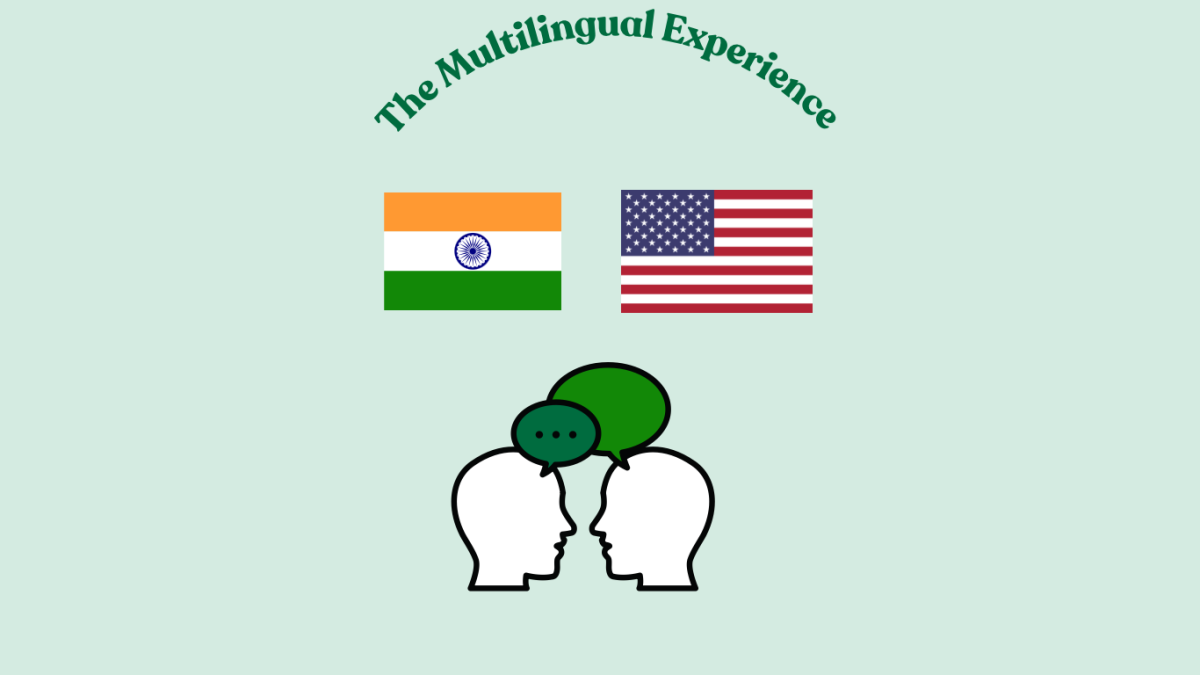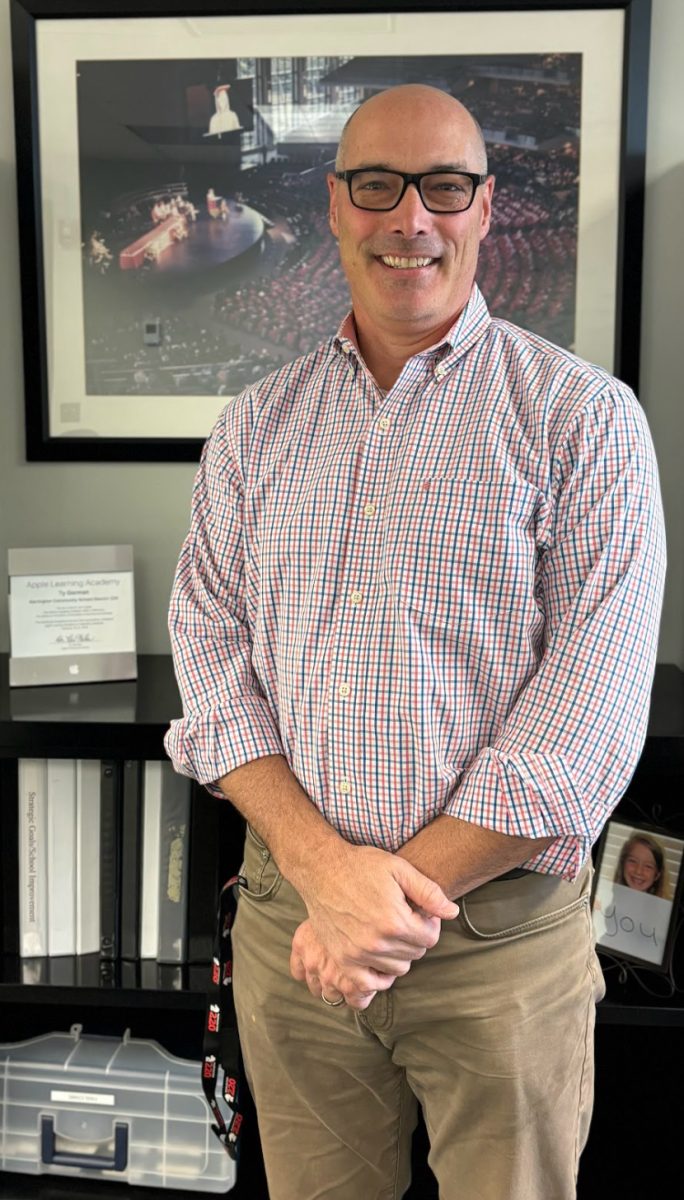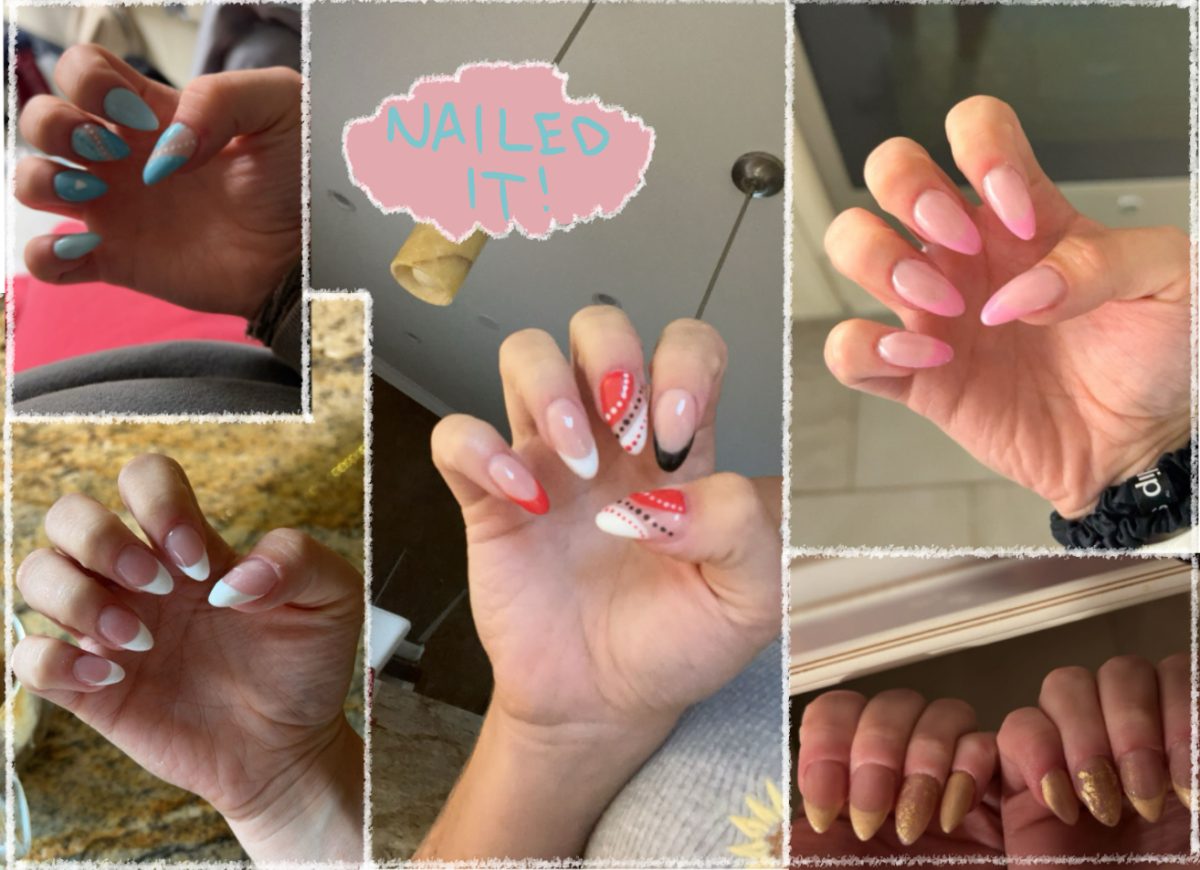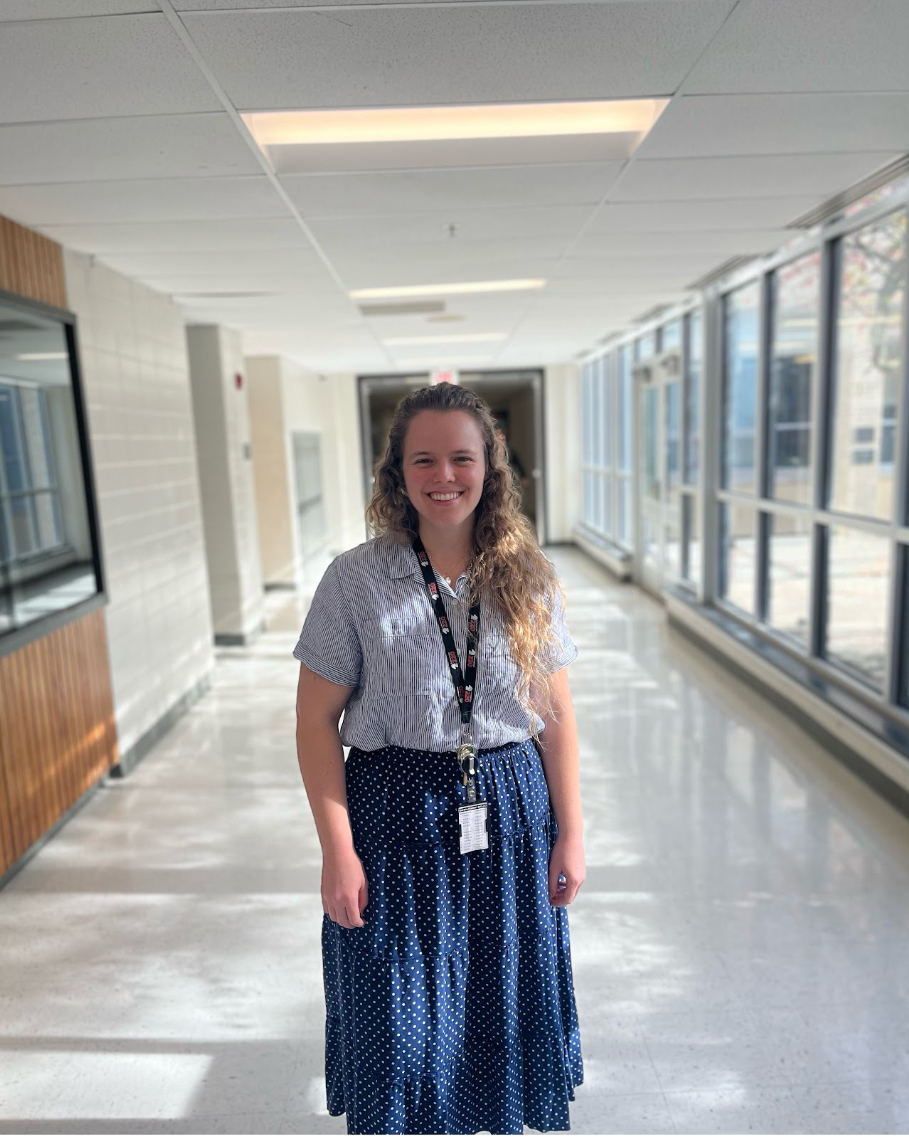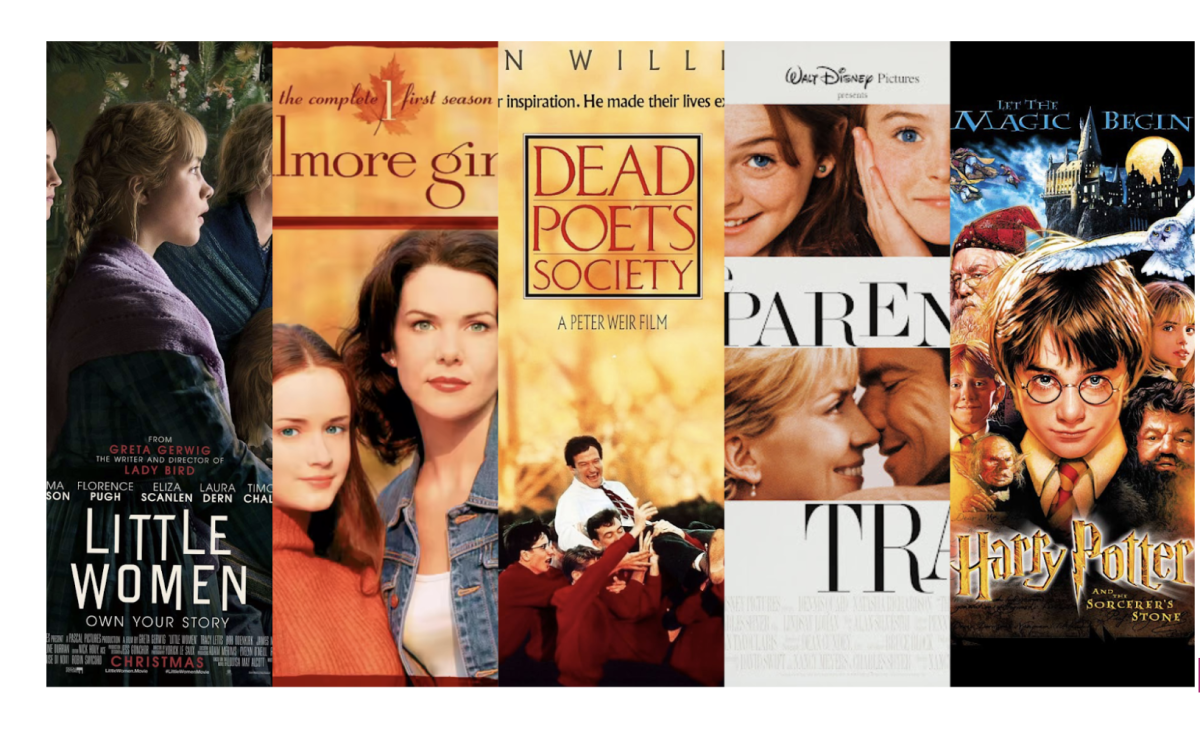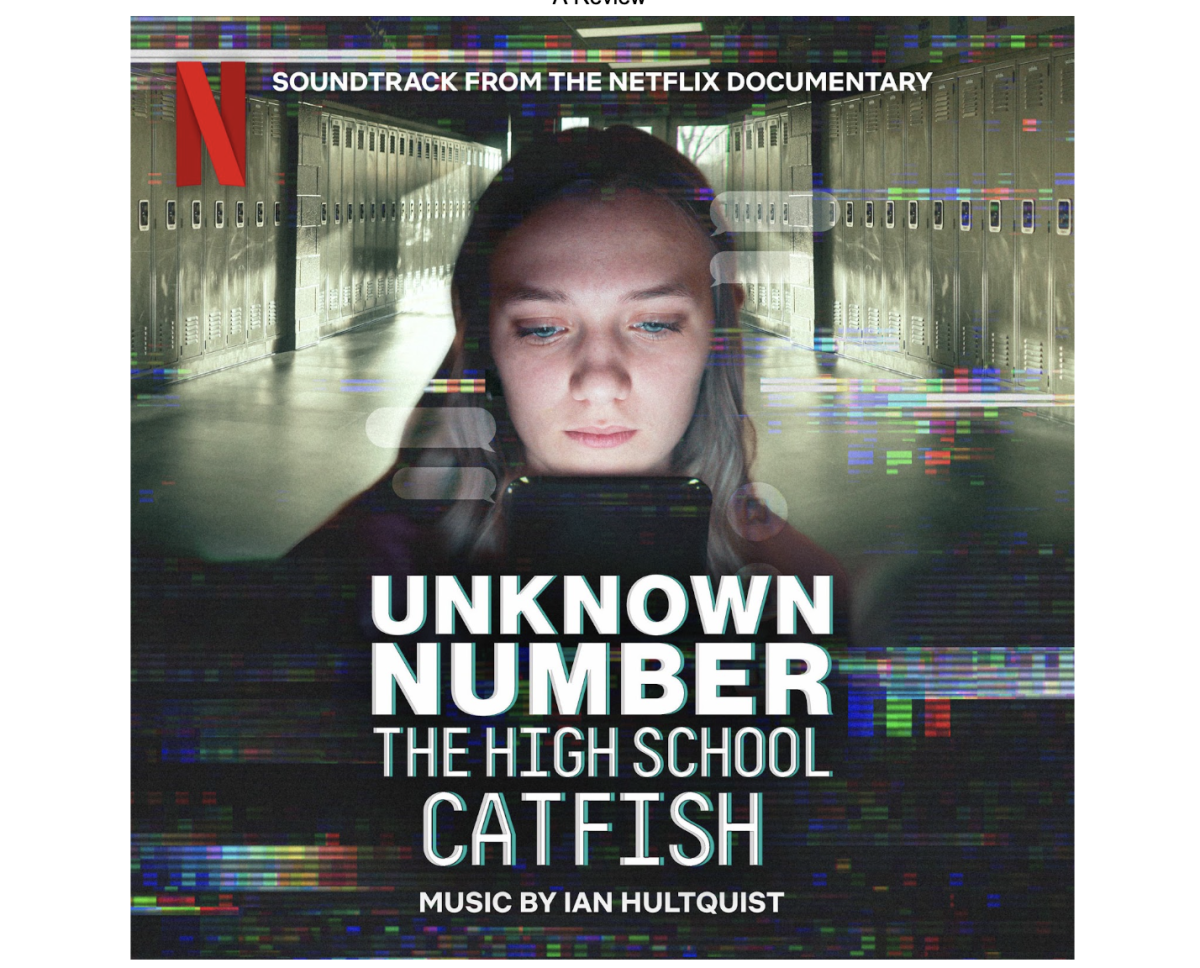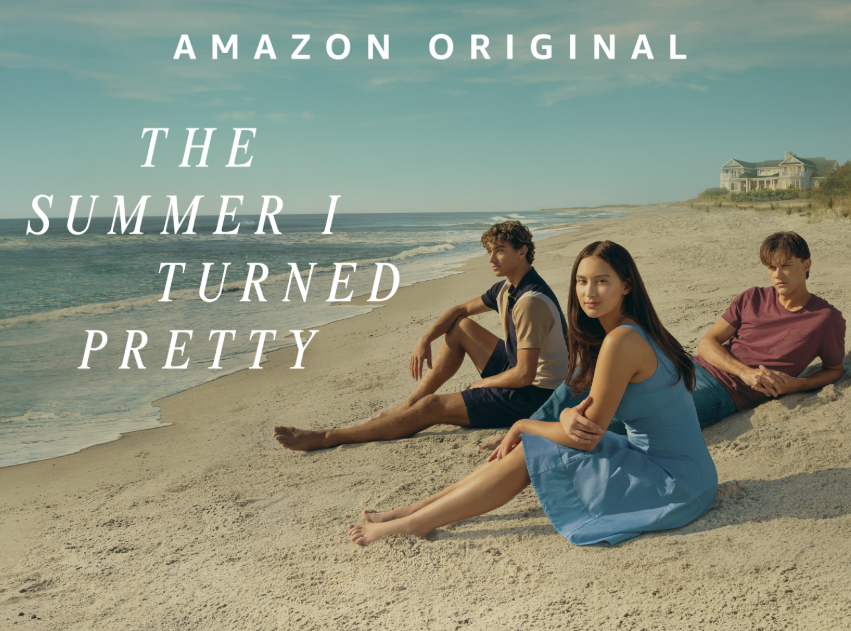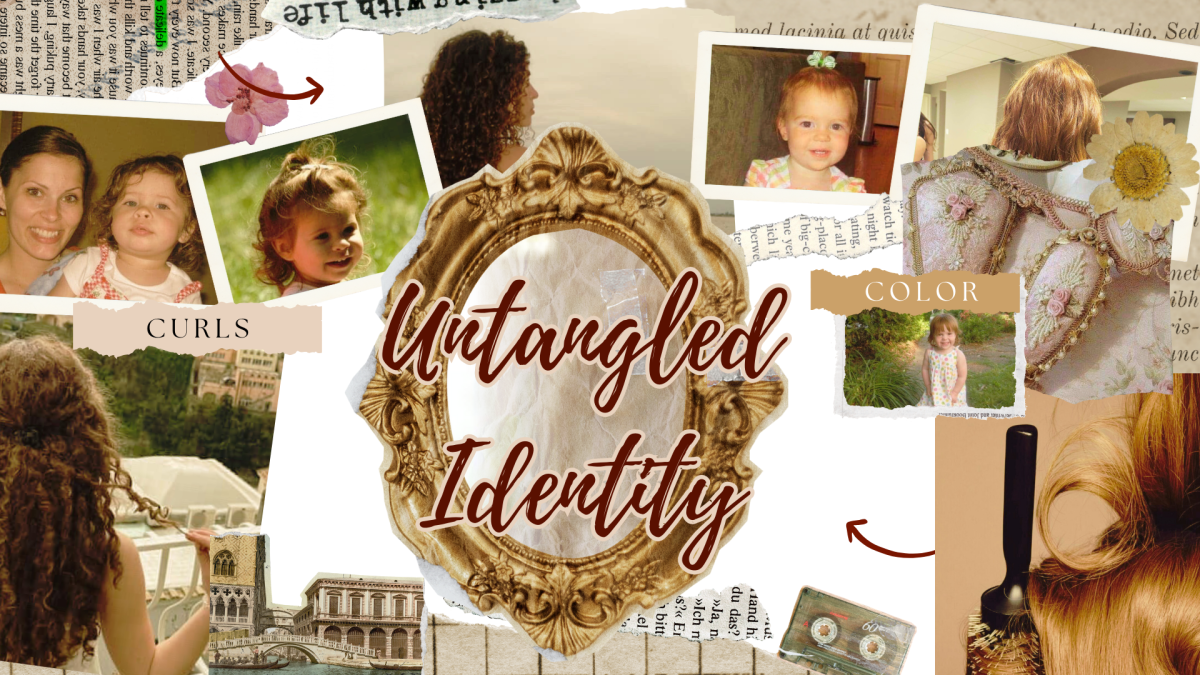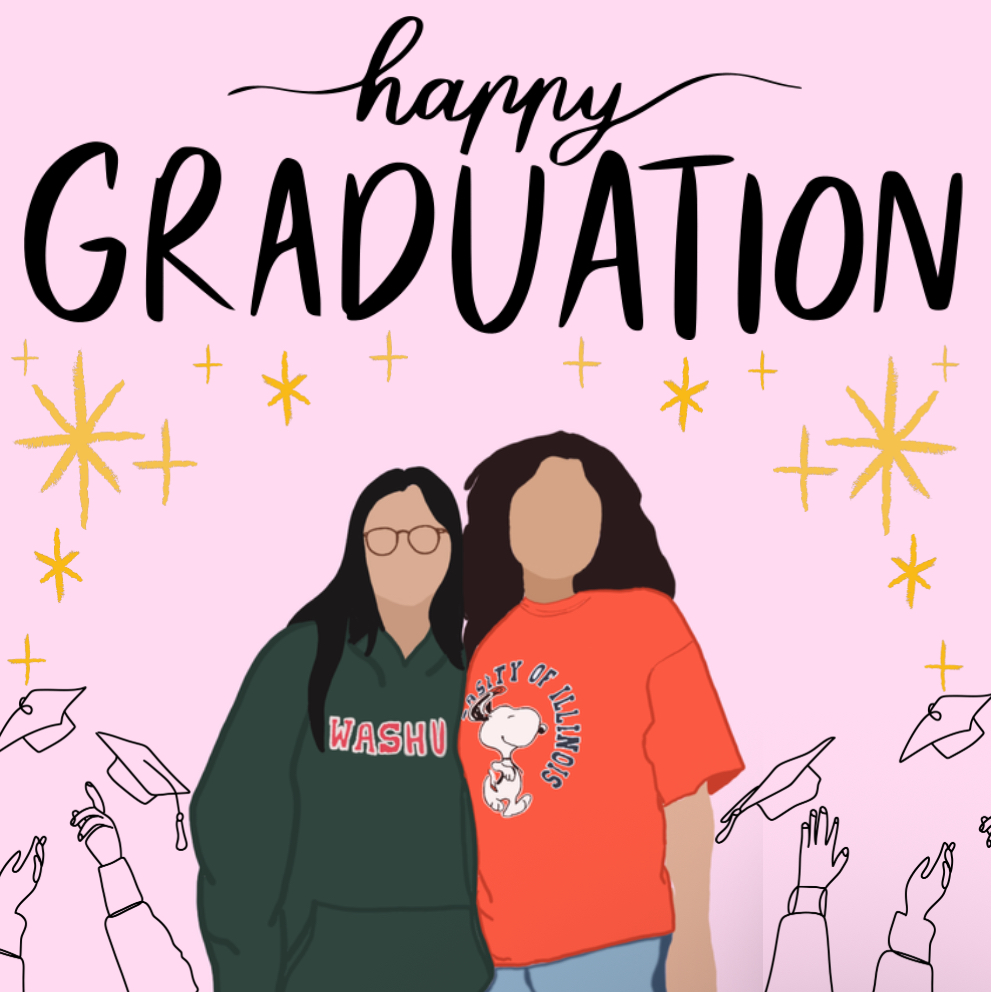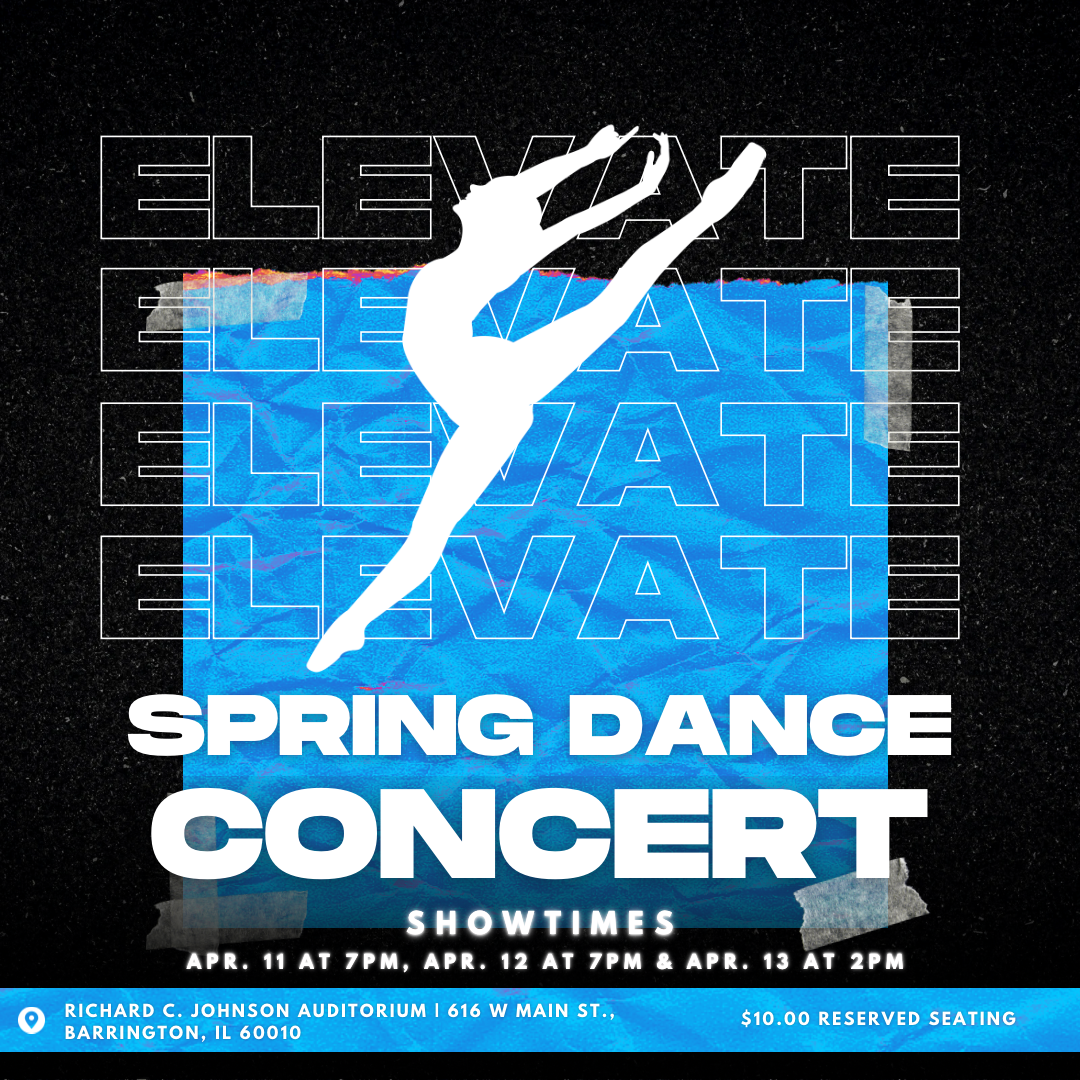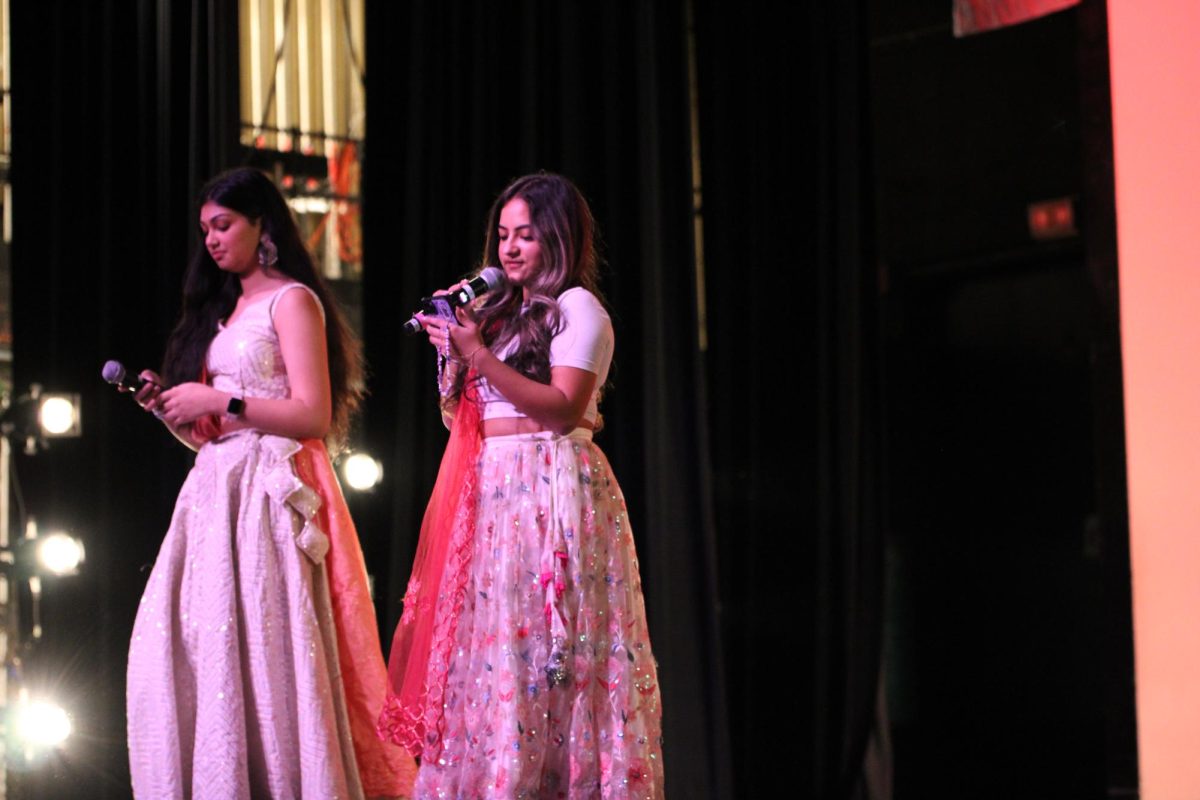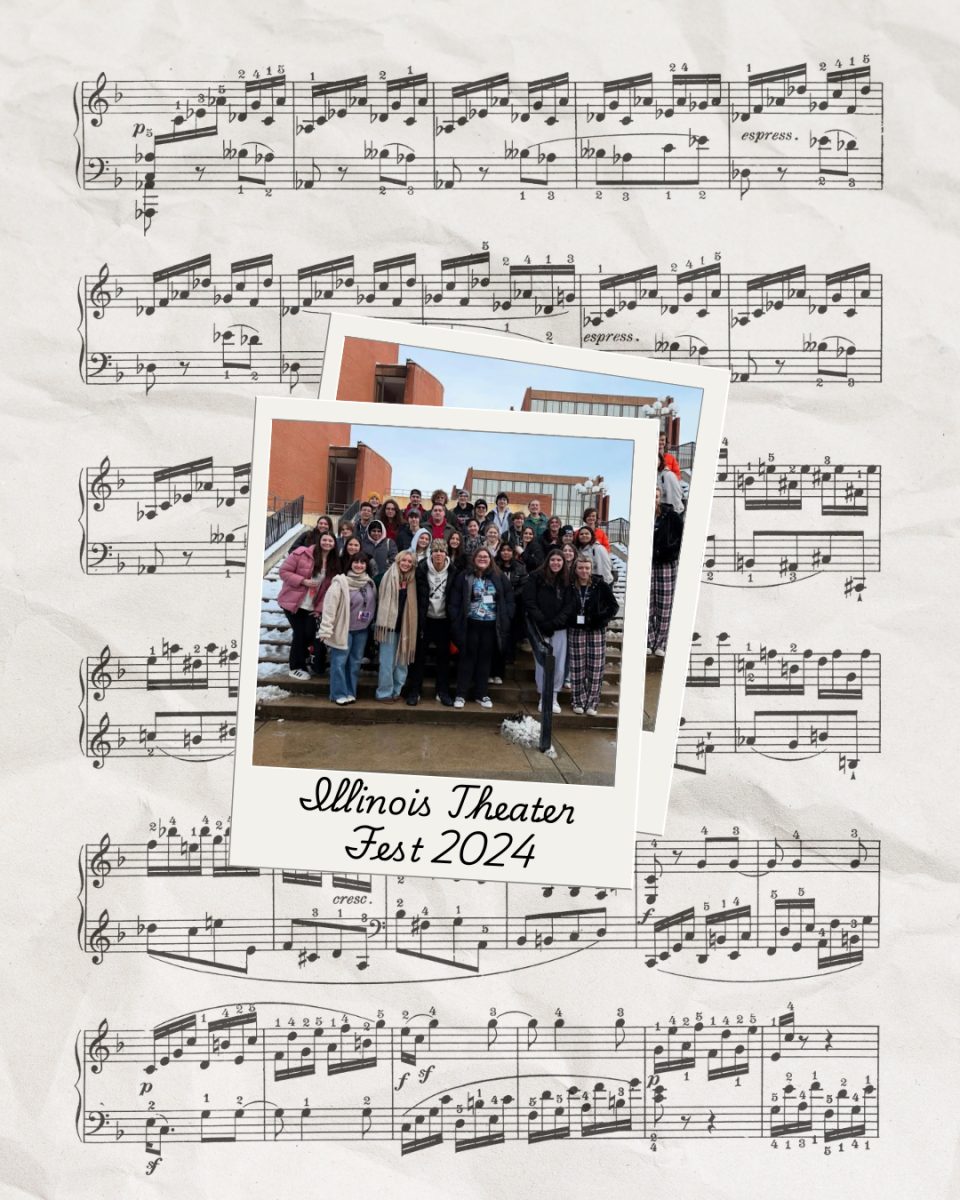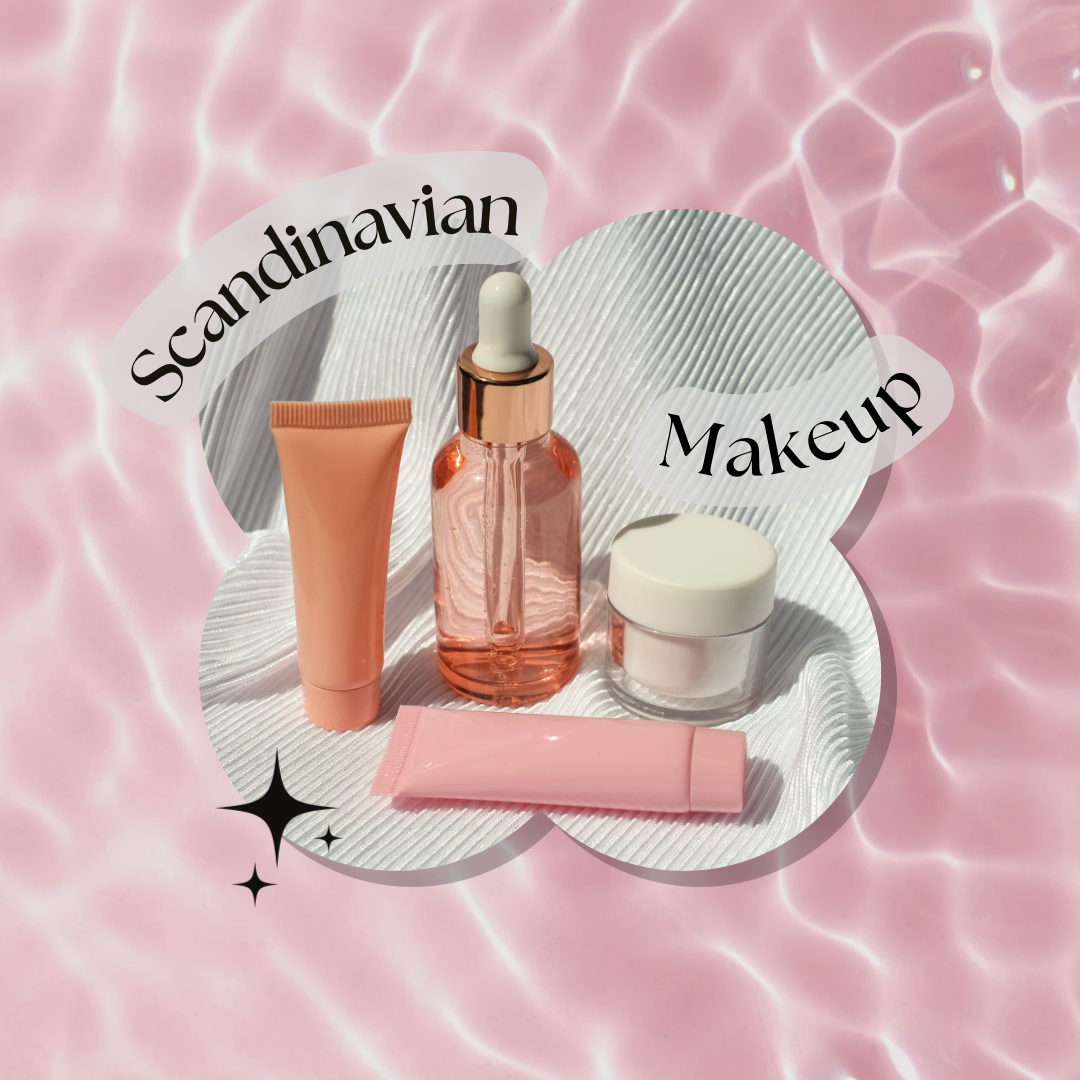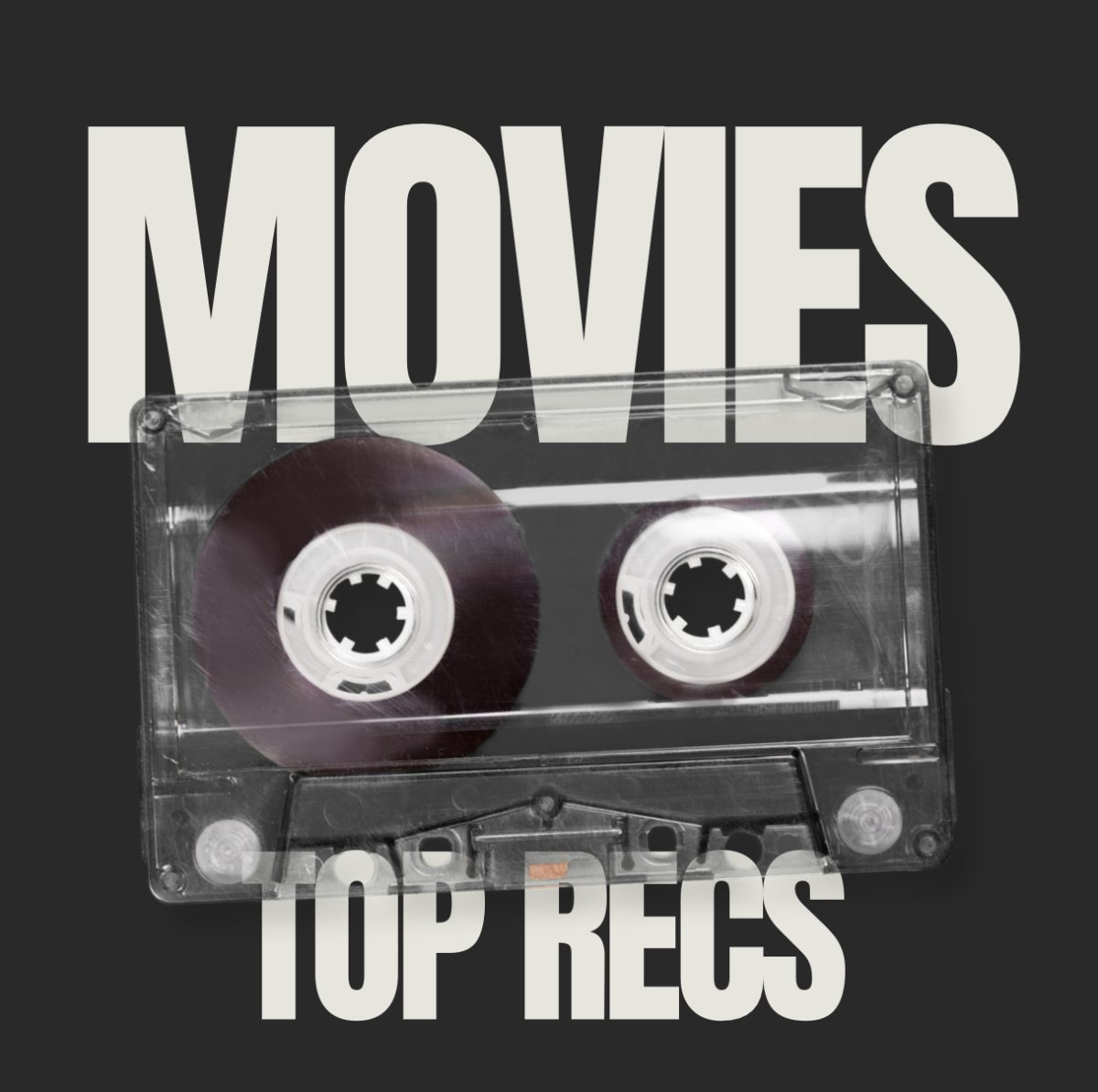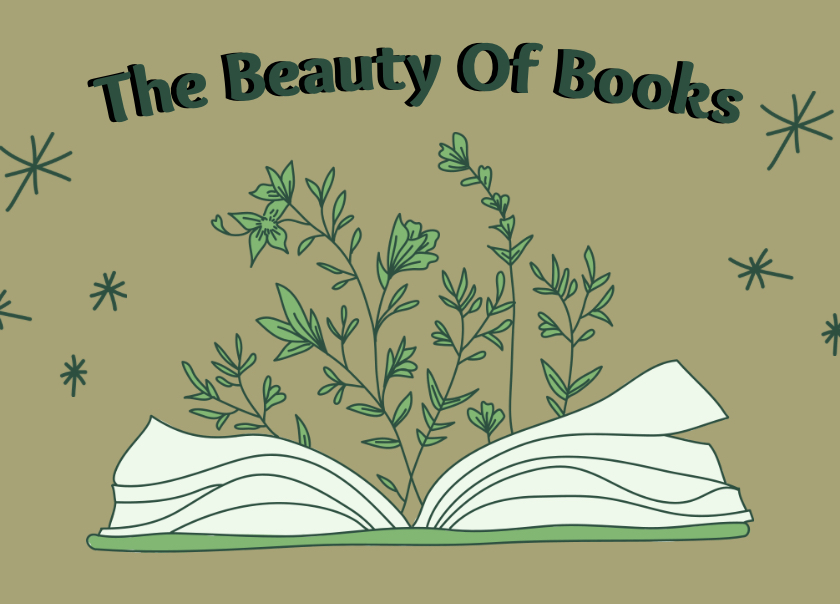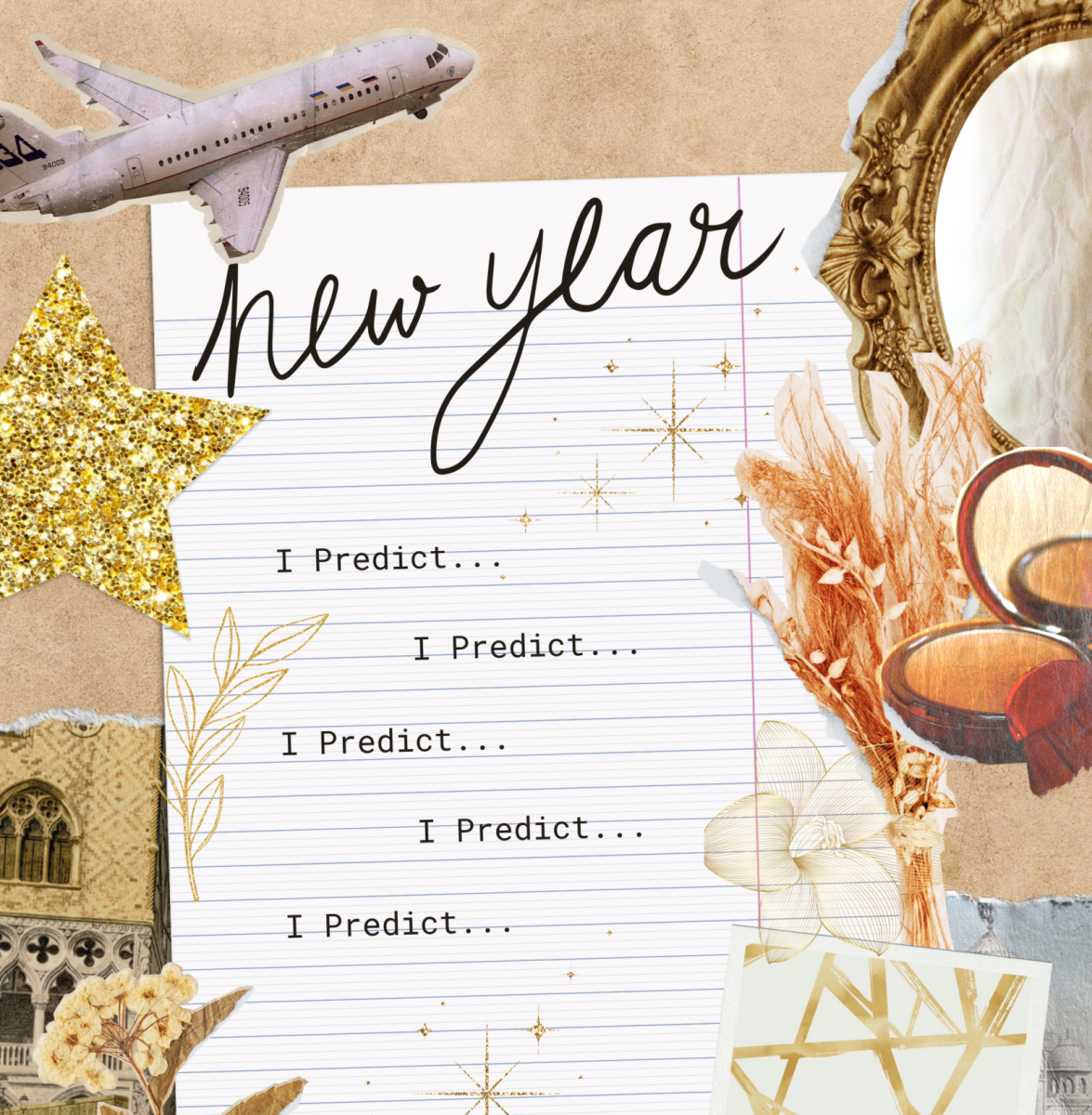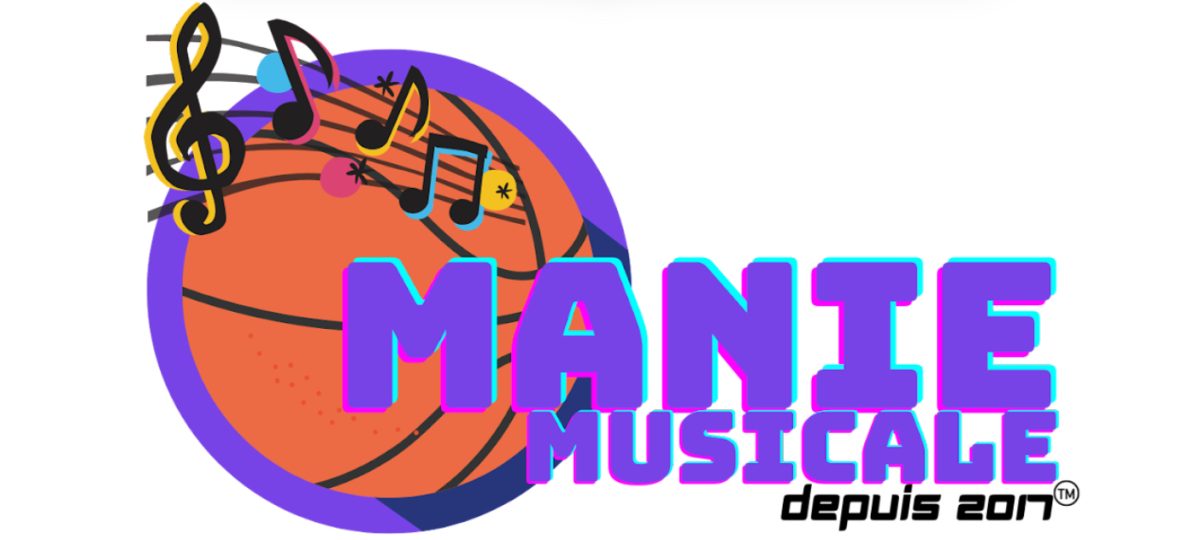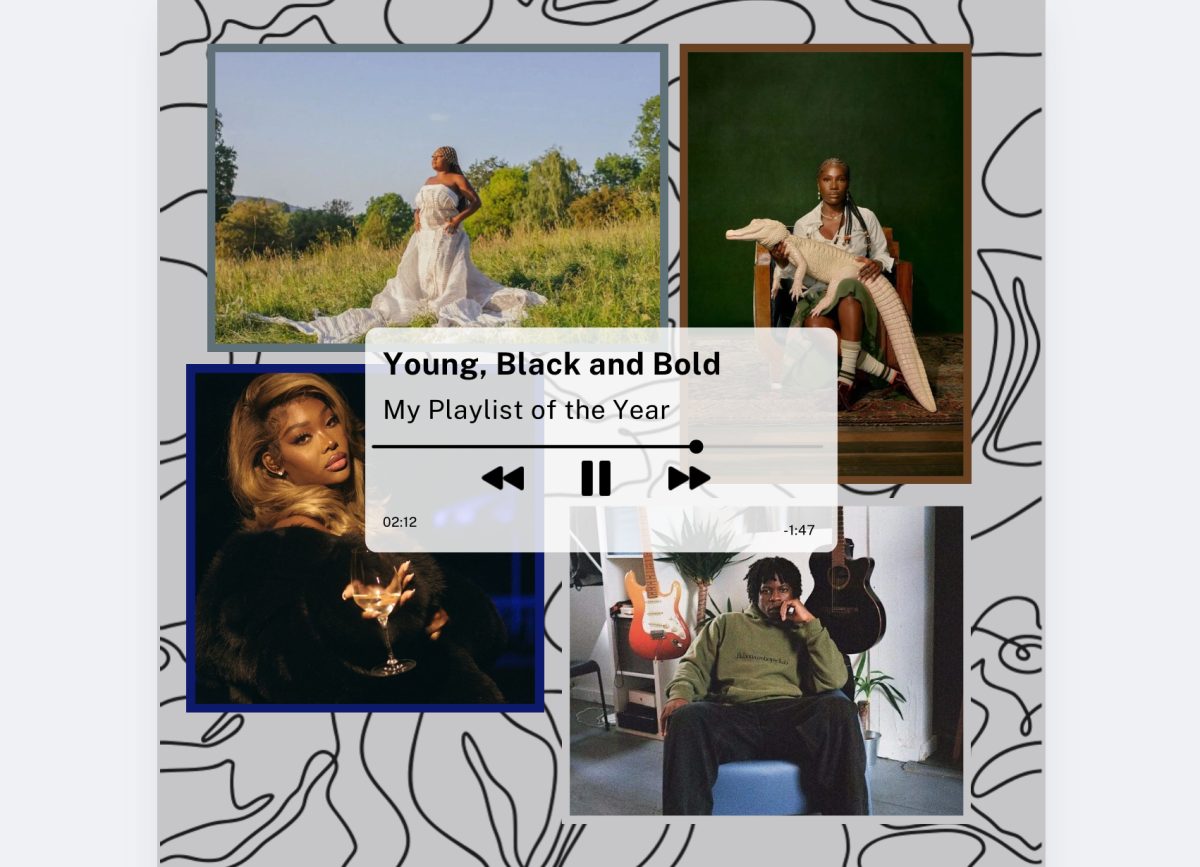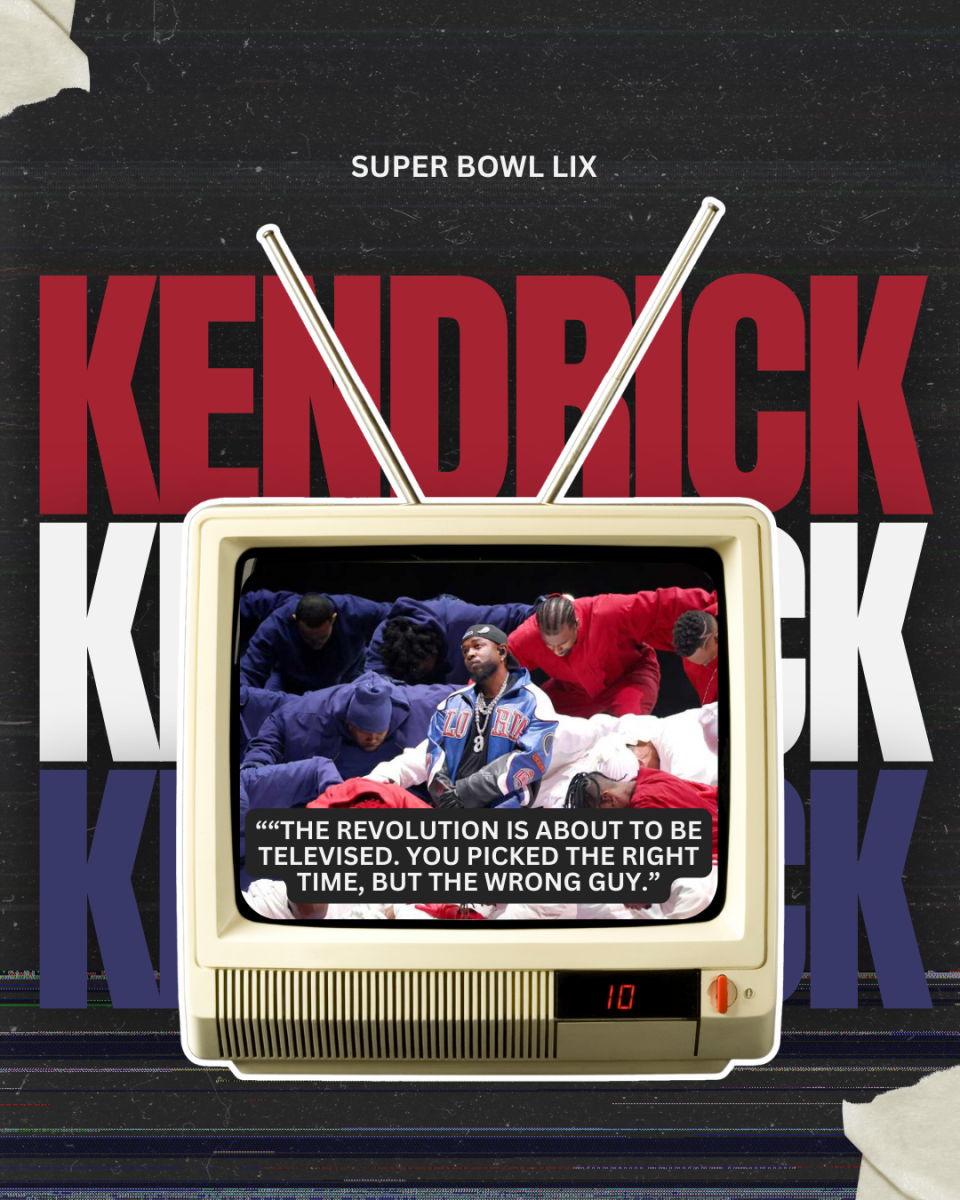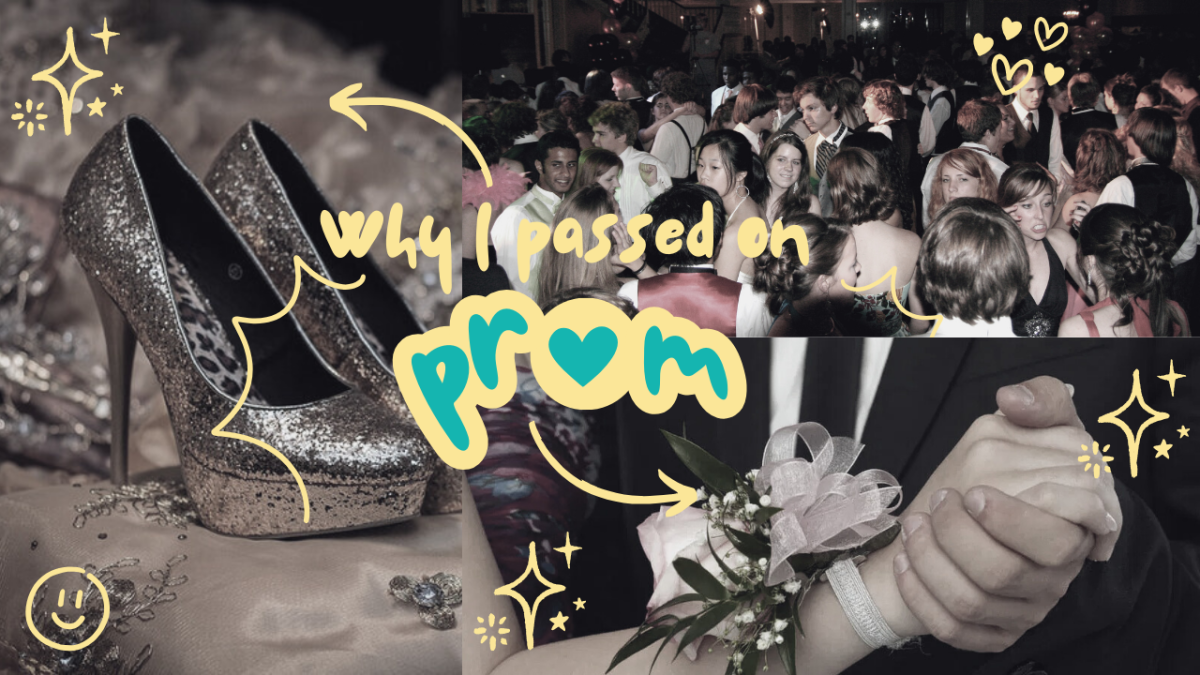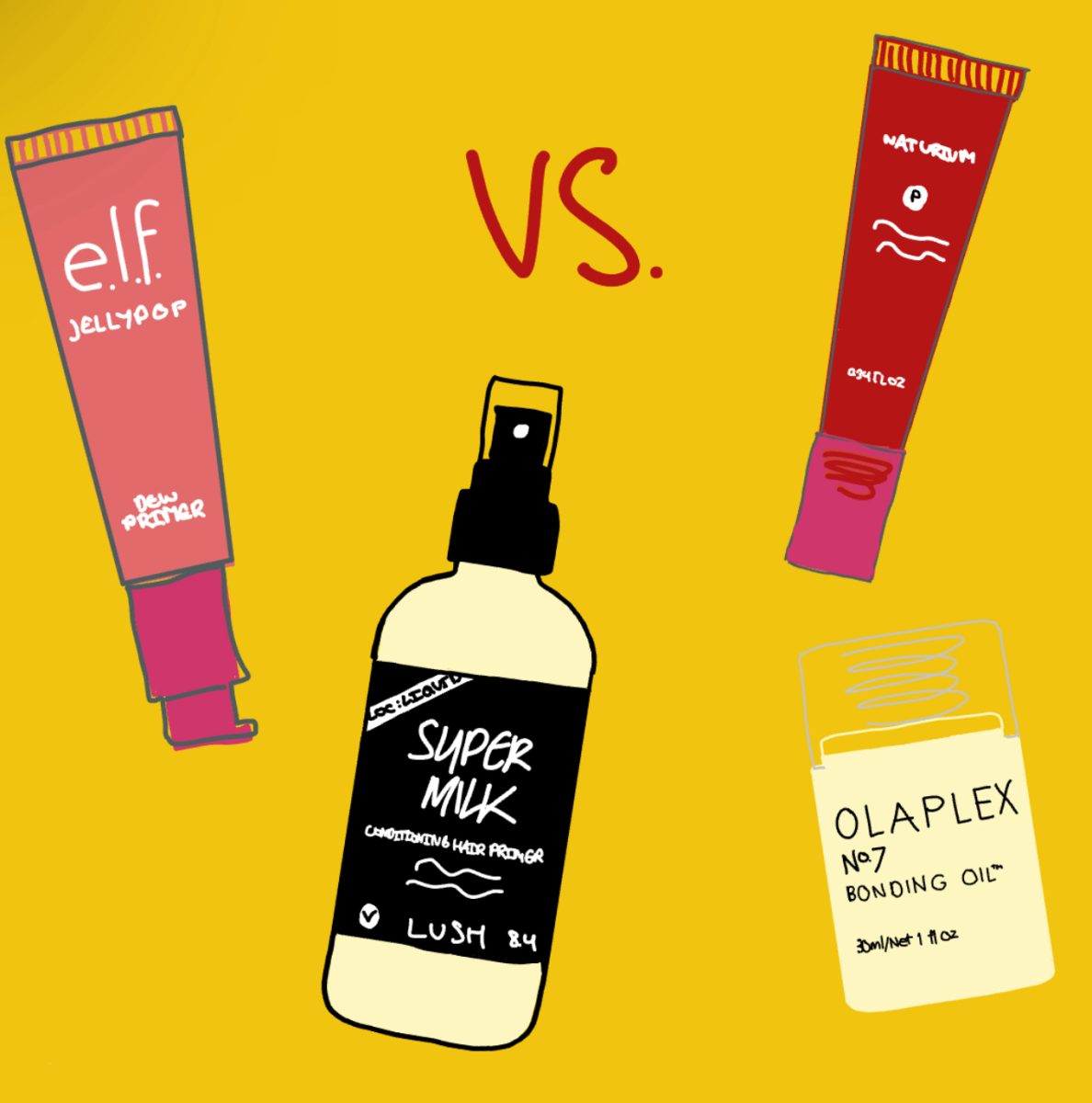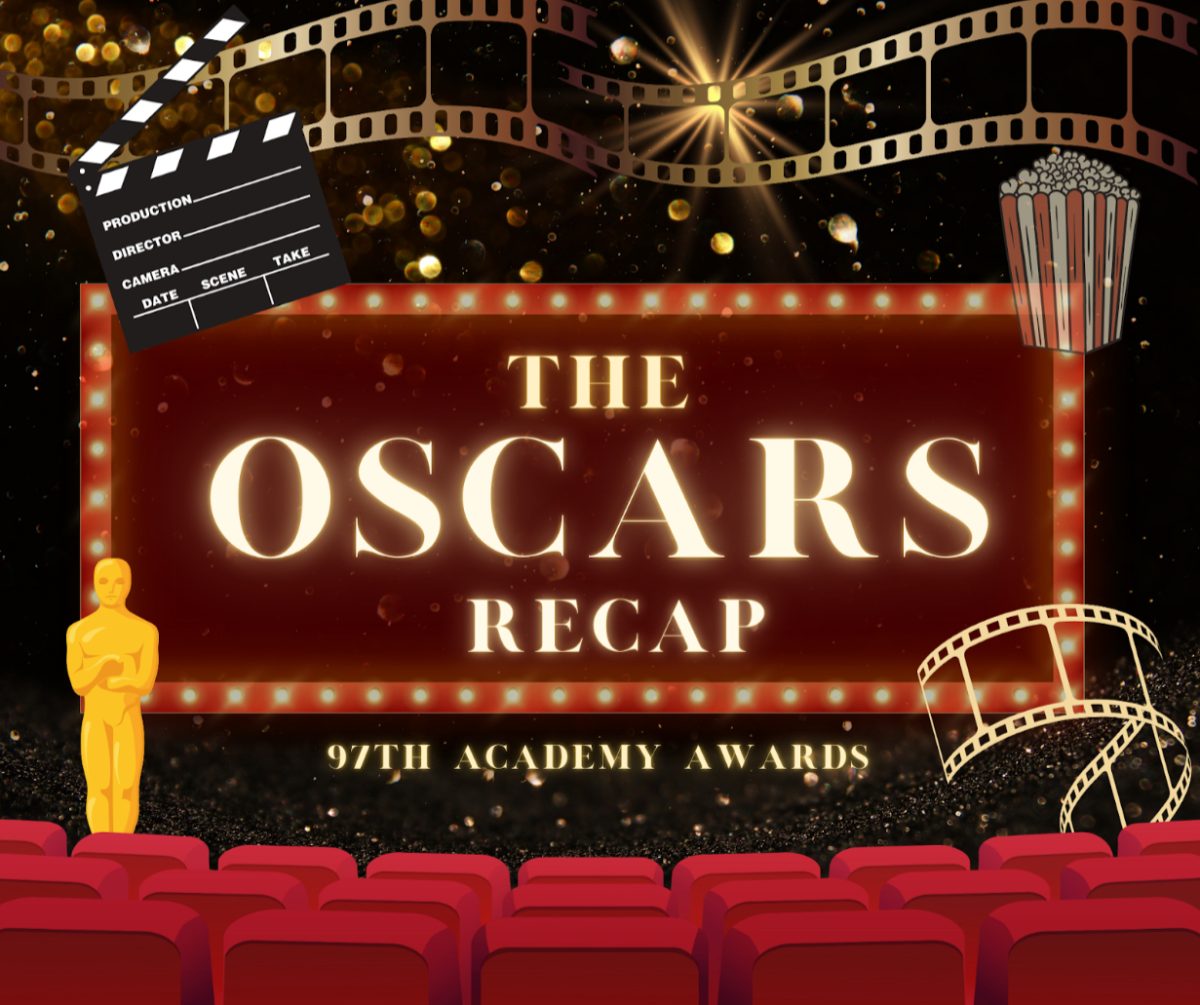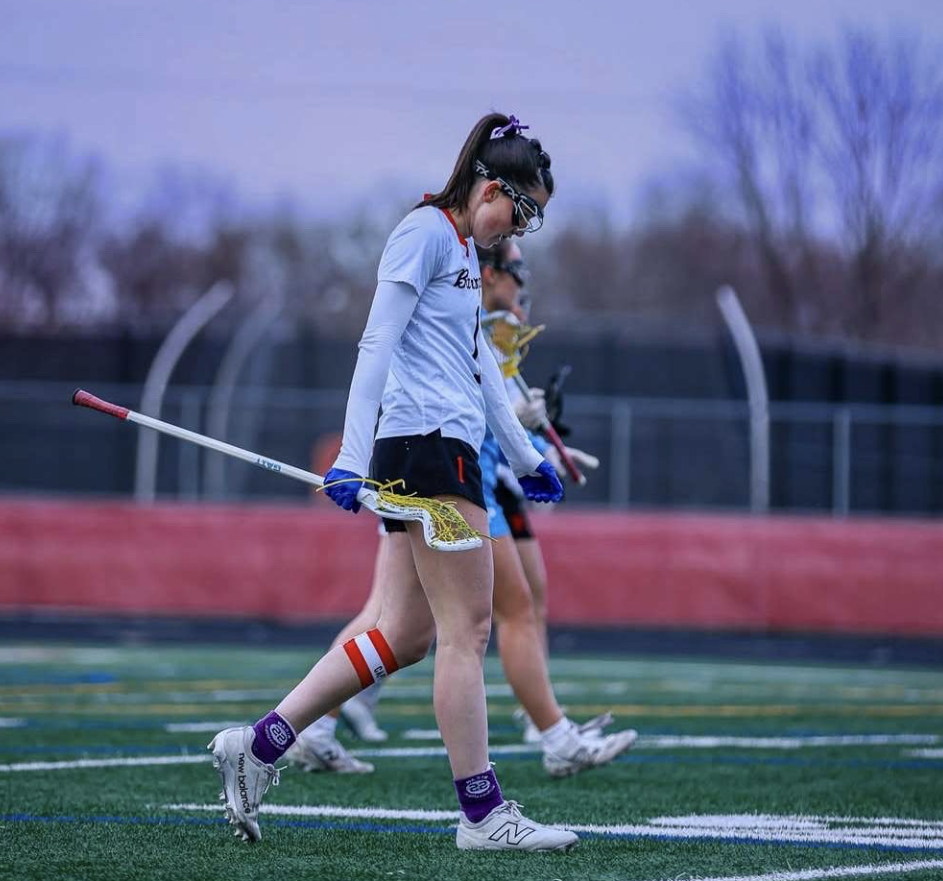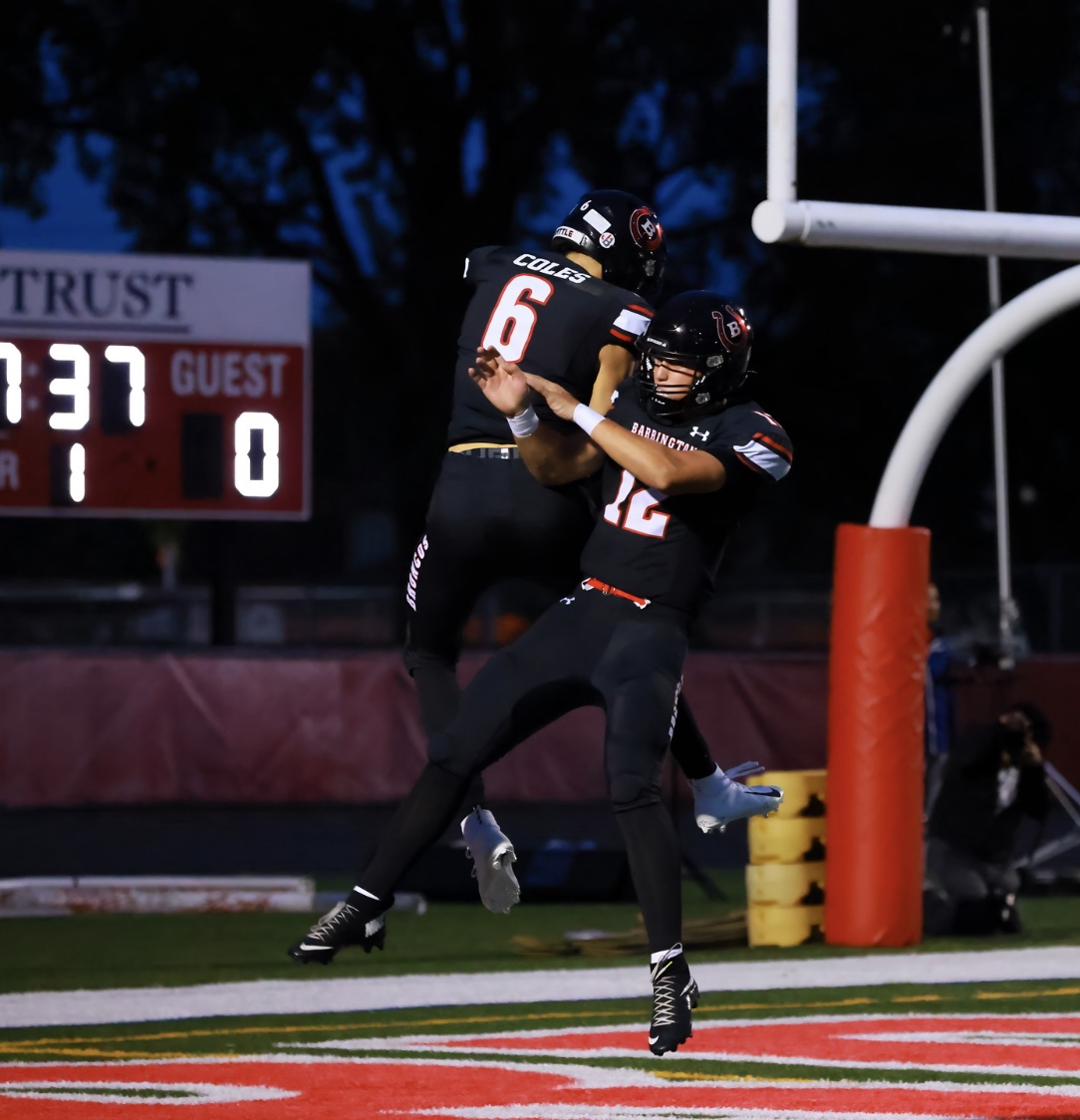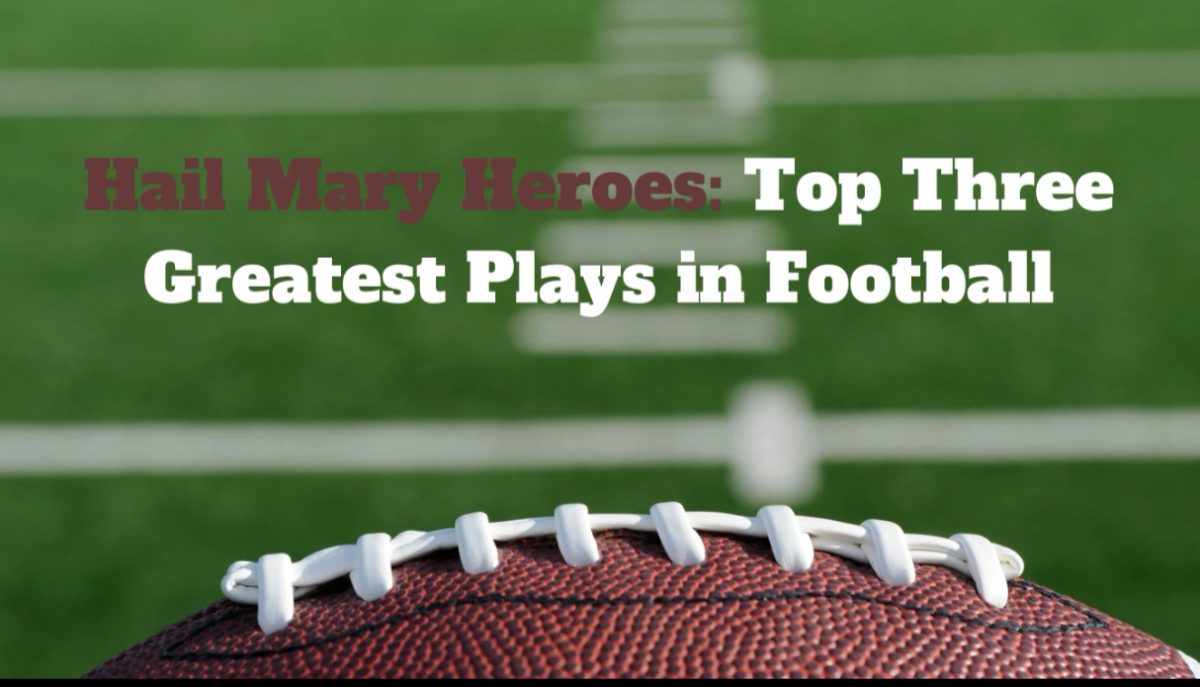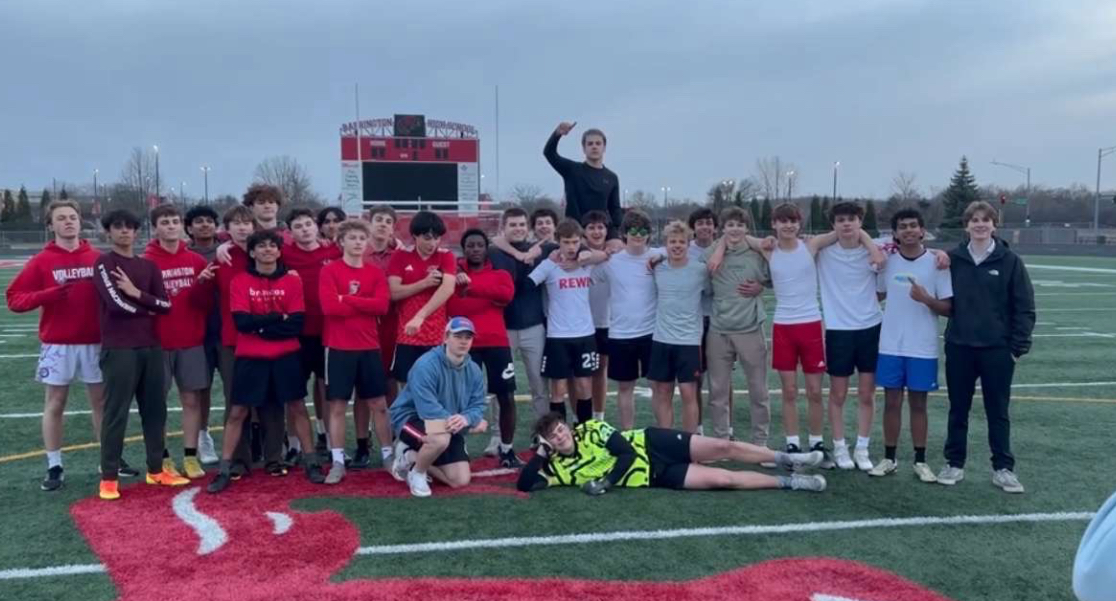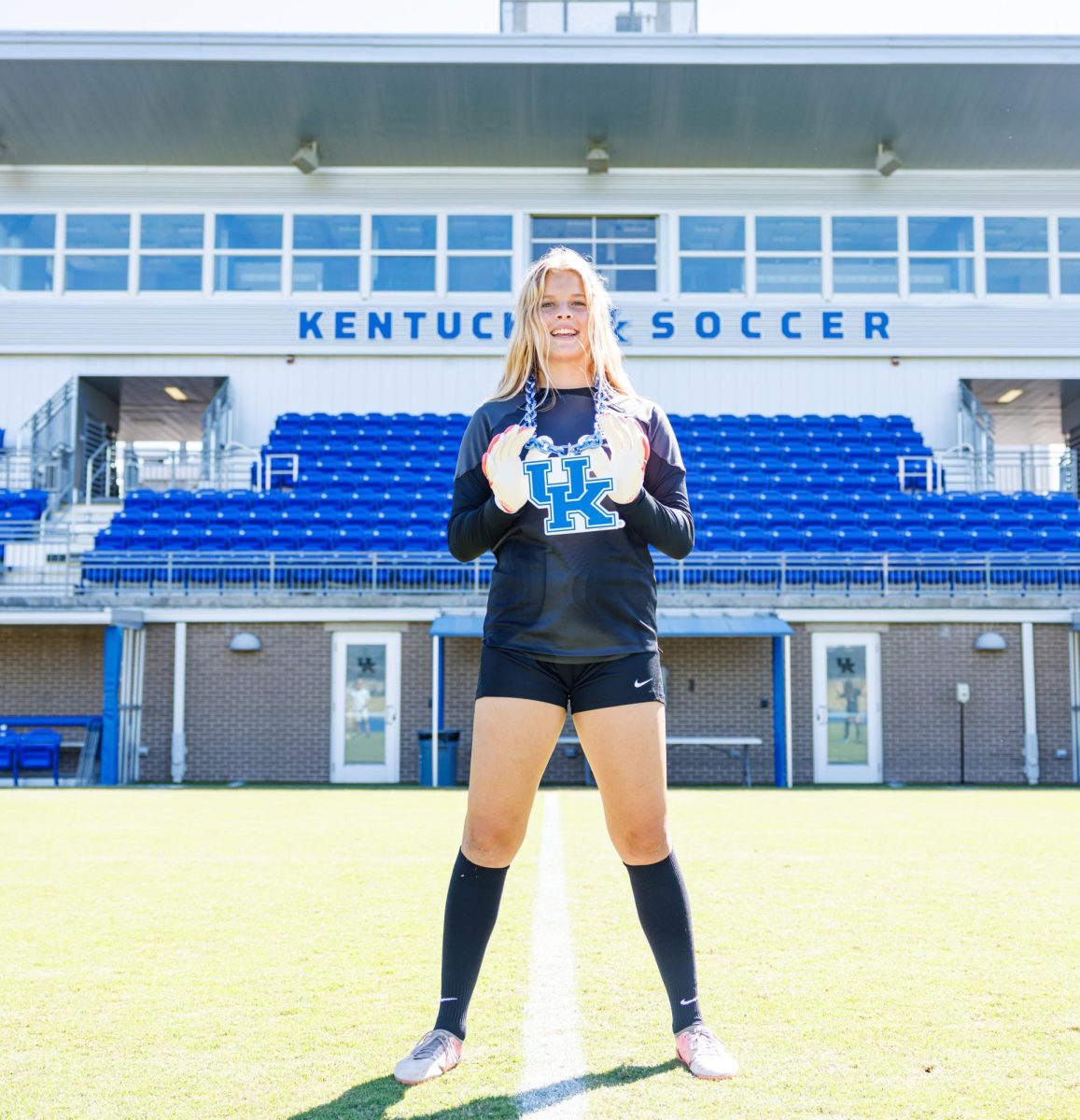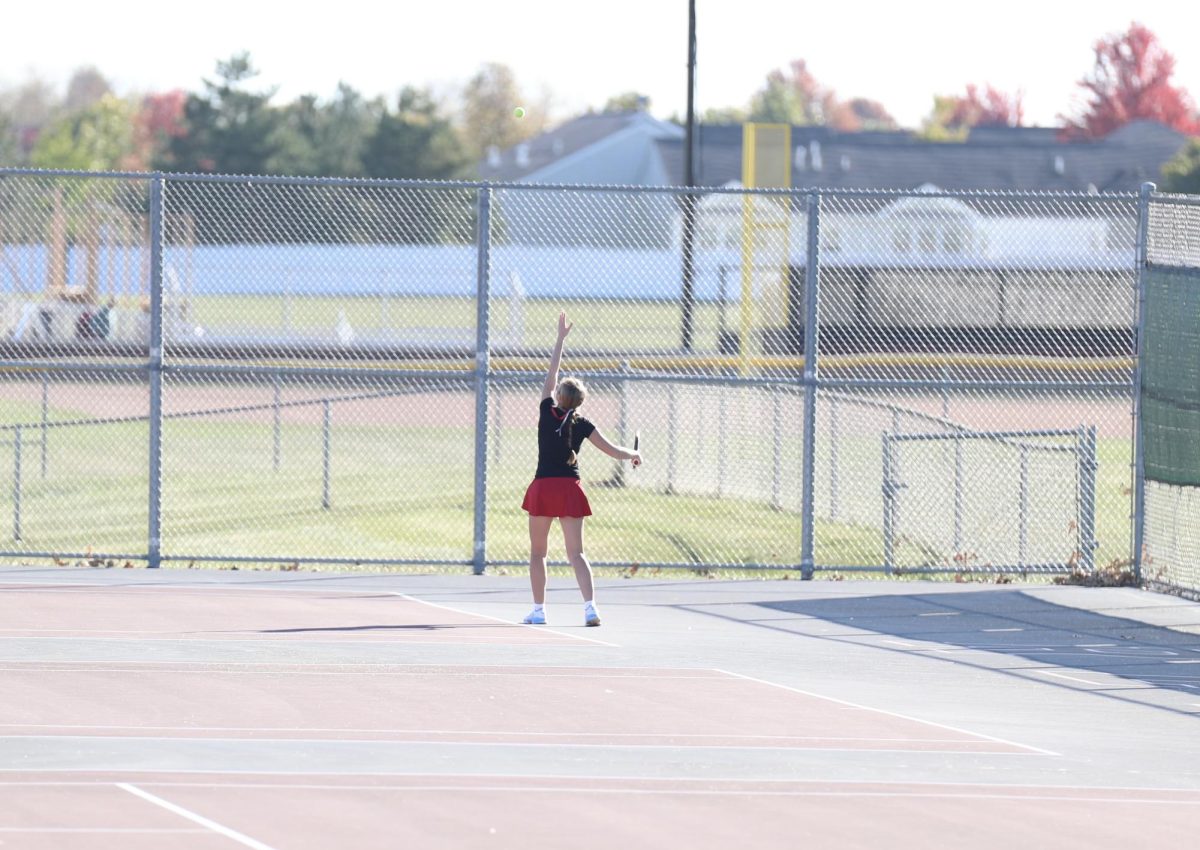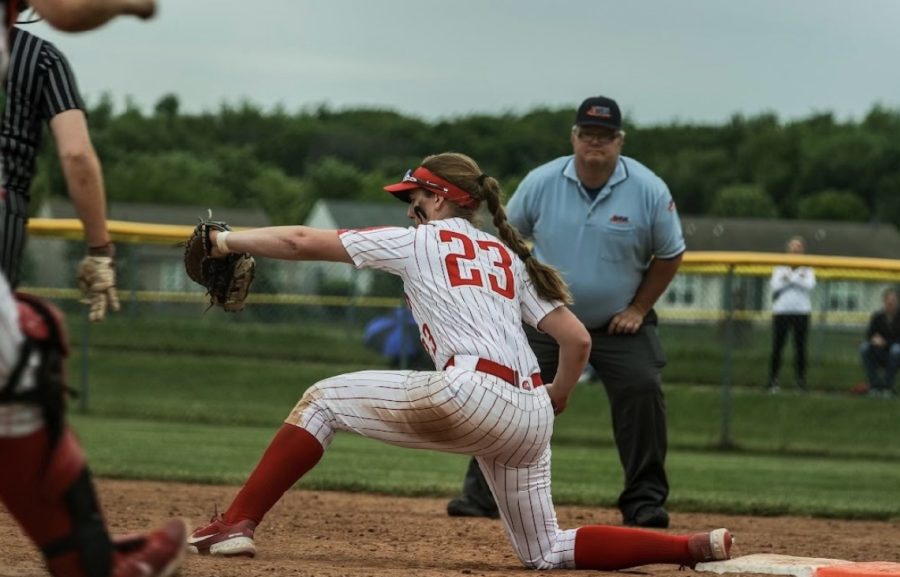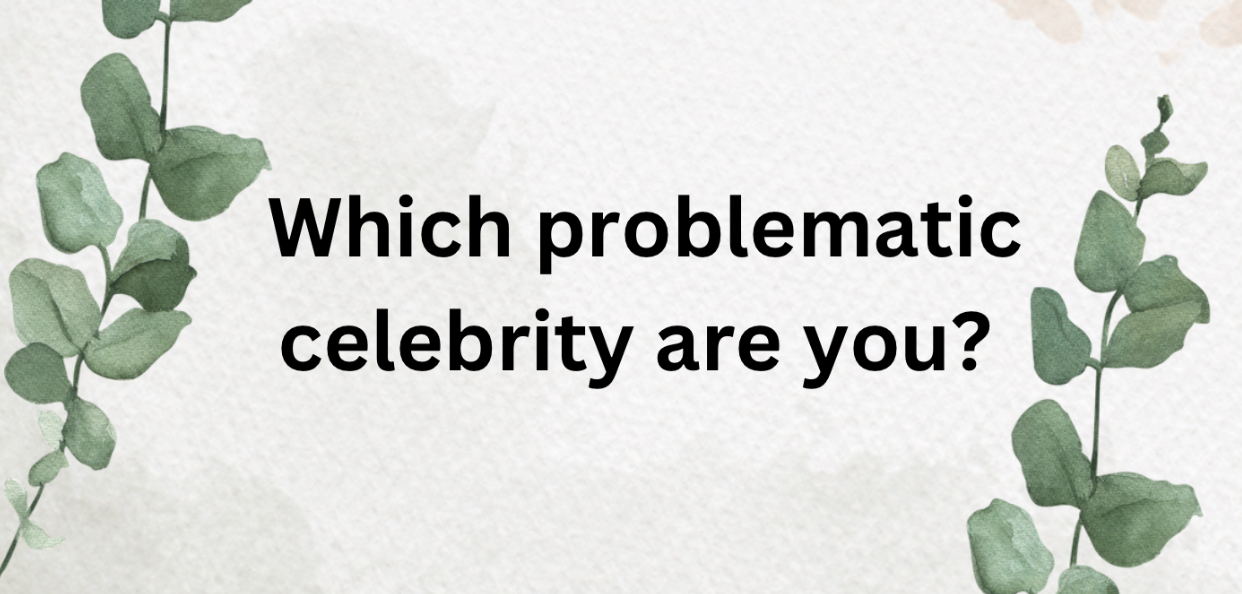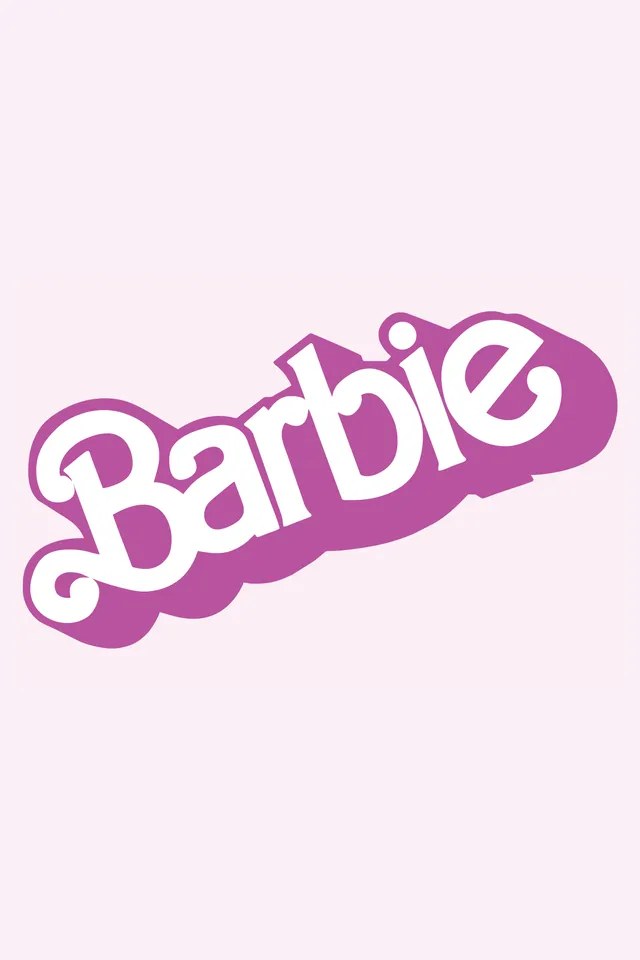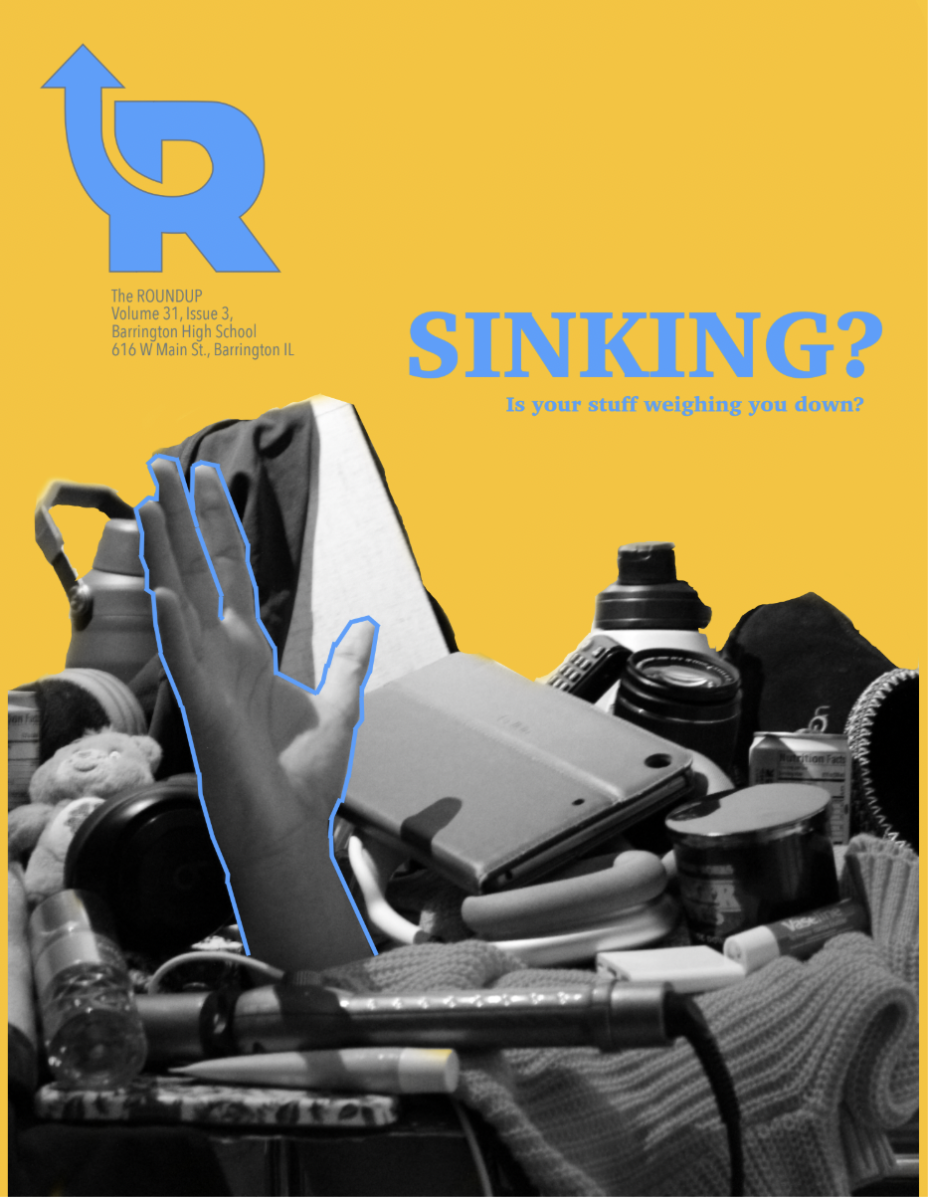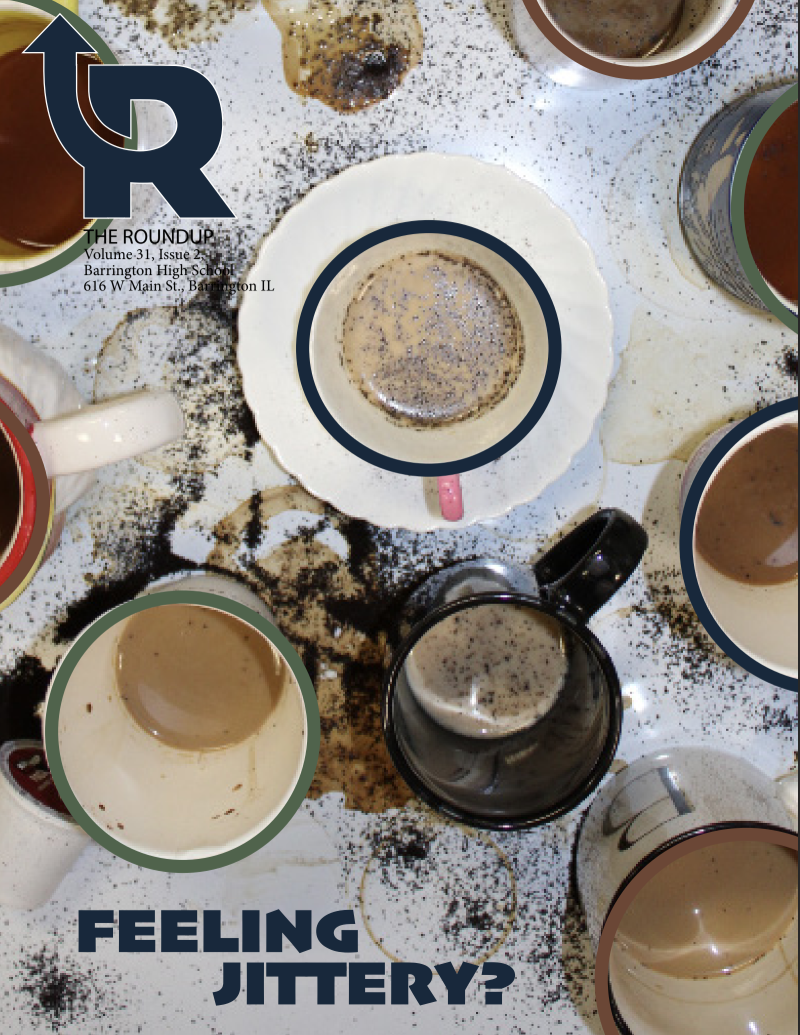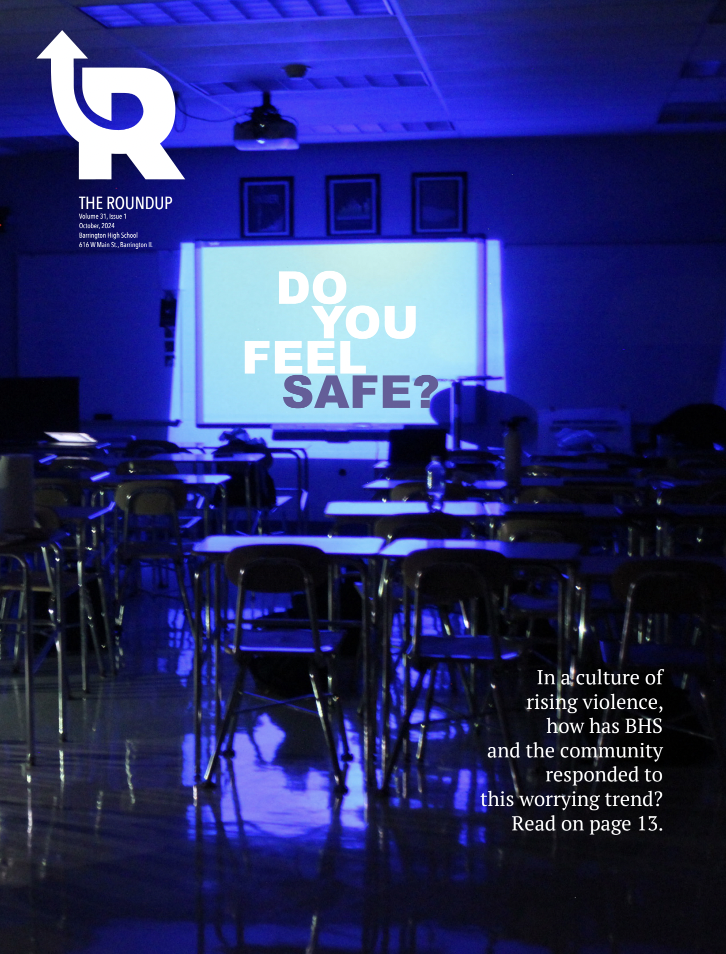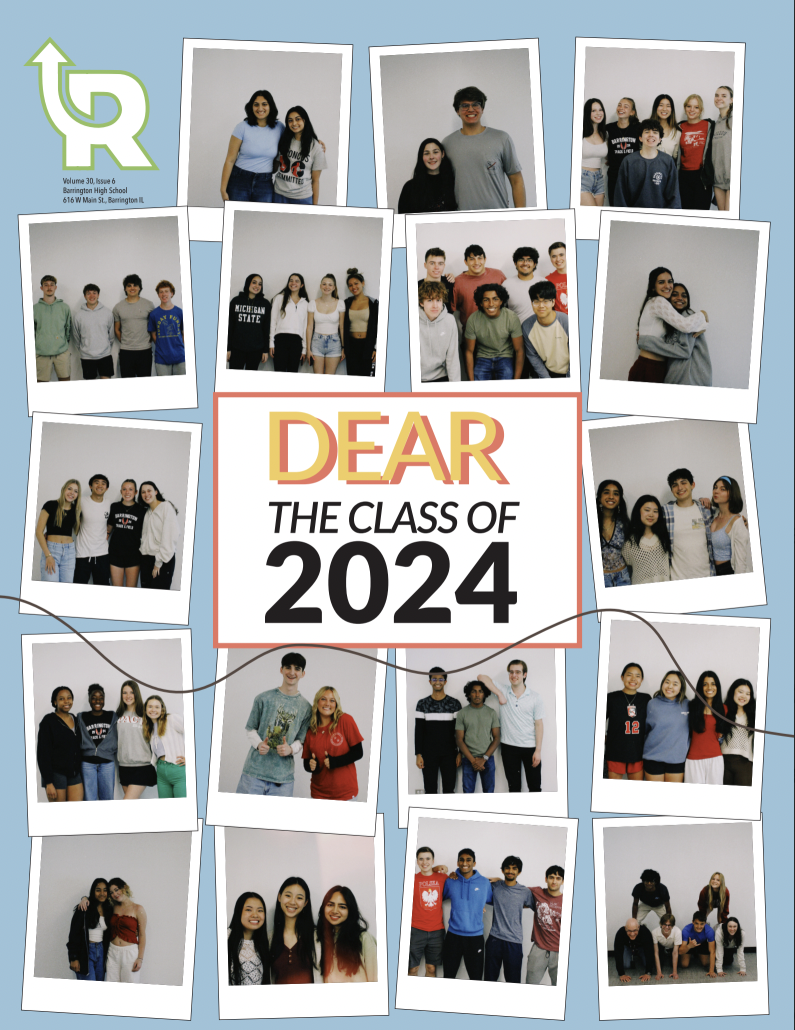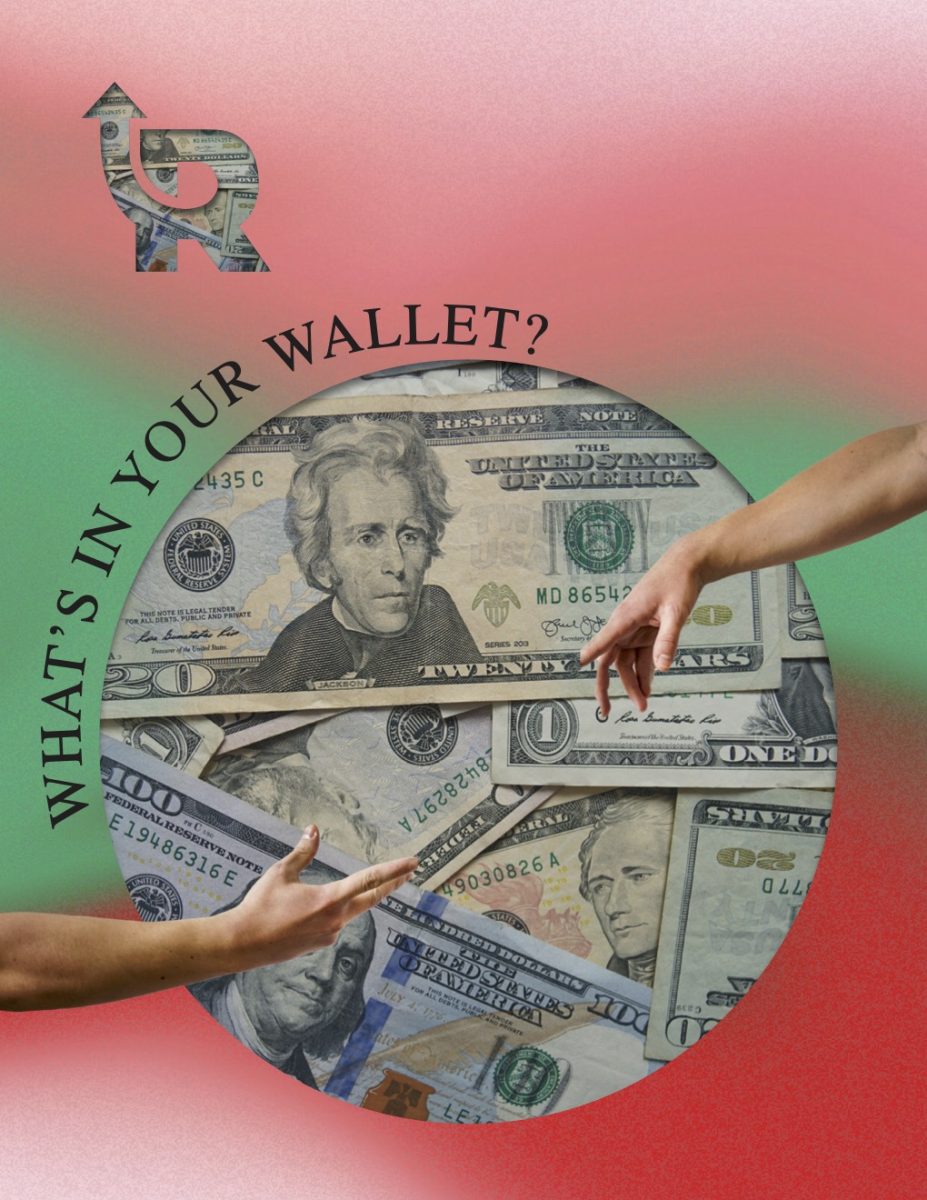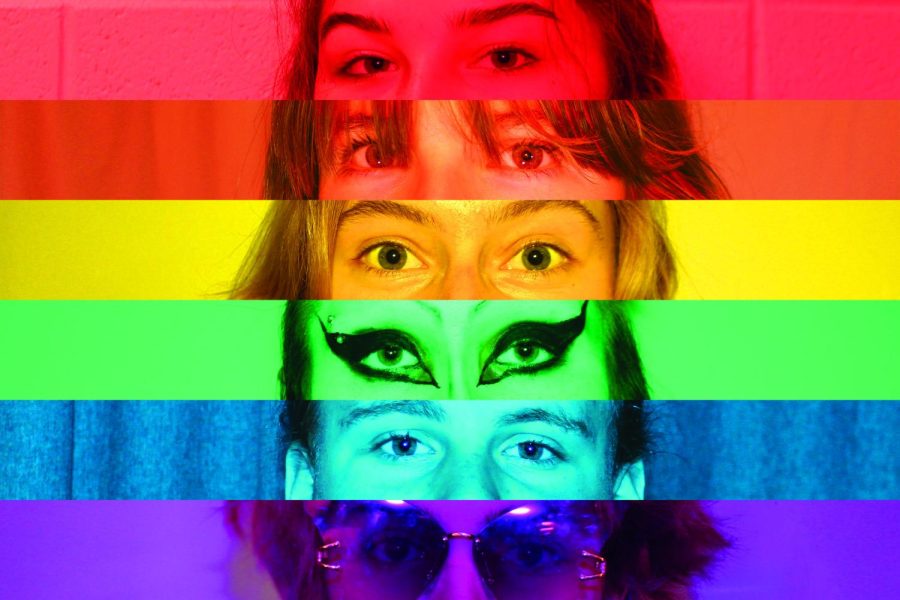Somewhere in the rainbow: What pride means to LGBTQ+ youth
As a LGBTQ+ youth, being comfortable with your identity is already difficult enough. When knowing that you may face discrimination for your identity, another unimaginable weight is added. The fear of discrimination, however, is valid and real.
In a 2019 study conducted by The Trevor Project, 71% of LGBTQ+ youth reported experiencing discrimination due to their sexual orientation or gender identity. This however, should not stop teens from being proud to be themselves.
Six students share what pride means to them and some possible struggles they had coming to terms with their identity. Each student represents a different color of the rainbow. You can come to know who they are as a person through their words and their doodles featured on their photos.
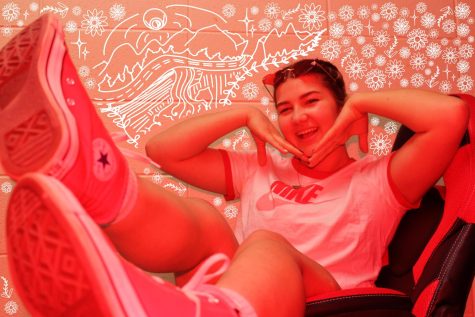 Parading a Community
Parading a Community
Liv Elias ( She / Her )
For Junior Liv Elias, coming out as a lesbian was intimidating. Despite this, Elias came out at 14 and was fortunate to have supportive parents and friends.
“I spent way too much time worrying about what other people were gonna think when it wasn’t even as big a deal. I hope it’s not a big deal in the future because it seems right now that coming out is like this crazy thing, but it turned out okay. Everything works out,” Elias said.
Elias attended the 2020 Pride Parade to begin to associate more with the LGBTQ + community. Elias, however, was taken aback by the large and welcoming community full of pride and support. Elias began to associate pride with the community she was met with.
“Even though they couldn’t have a giant celebration because of COVID-19 and everything, it was so cool. There were so many people there and everyone had their houses decorated that you could just drive by. It is part of pride, finding that community and realizing, oh my god, this is so cool,” Elias said.
After seeing the support she had from a larger community, Elias became more comfortable with her sexuality. Elias currently is in a healthy relationship with her girlfriend.
“It is really cool to be able to do stuff with my girlfriend and feel comfortable finally being out and being confident in my sexuality,” Elias said.
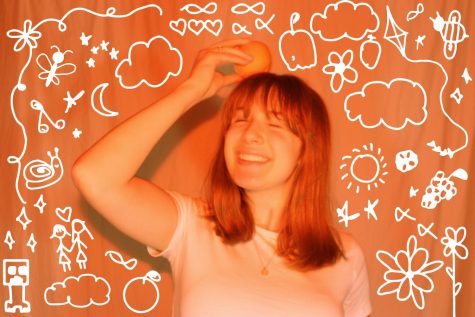 Learning Self-Love
Learning Self-Love
Elizabeth Fitzgerald ( She / Her )
Senior Elizabeth Fitzgerald faced a larger internal battle when coming to terms with her bisexuality, growing up in a religious household.
“I was really trying to talk myself out of my sexuality. I would be like ‘Oh I’m not actually bi,’ but that led to a lot of self-hatred,” Fitzgerald said.
Fitzgerald had to face her identity head-on. With support from friends, and personal growth, she learned to love and accept herself for the things she can not control.
“As I started to become more proud of who I was, it became a source of self-love,” Fitzgerald said. “Accepting that my sexuality is a part of who I am was a challenge, but once I overcame this challenge, that made me love myself a lot more.”
Overall, pride helped Fitzgerald grow to love and embrace who she is.
“Being proud for me is more about—not just accepting that part of myself, but also loving it and embracing it. Being happy that I am who I am,” Fitzgerald said.
With the self-love she now has, Fitzgerald fear of her sexuality was replaced with her appreciation for bisexuality.
“Being able to love multiple genders is really wonderful. It’s nice to be able to look at the world as a place that’s full of so many people that I could fall in love with,” Fitzgerald said.
With her revised perspective on her sexuality, Fitzgerald is able to reflect on the moments when she held more self-hatred, giving out one piece of advice.
You just have to remember, you’re born that way, and it is beautiful that you were born that way.
– Elizabeth Fitzgerald
“It can be scary to be open sometimes and it might take some time, but when you love and are happy with that part of yourself, you’ll eventually want to share it with people, and not care what others think,” Fitzgerald said. “You just have to remember, you’re born that way, and it is beautiful that you were born that way.”
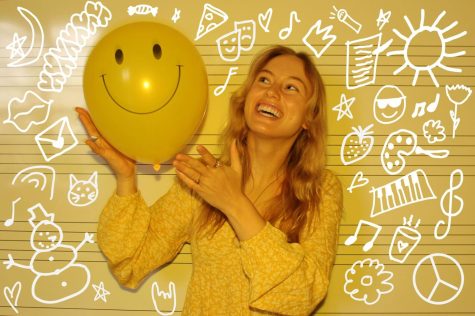
Acting on Acceptance
Bella Short ( She / Her )
Thinking she would go to hell if she came out, Senior Bella Short grew up conflicted about her sexuality. As some family members expressed homophobic sentiment, she had fears of coming out after she realized she was bisexual in middle school. It wasn’t until freshman year that Short became comfortable with her sexuality.
“I really went through a rough time, because even though I knew I had friends that would accept me, I knew [my family] never would. I always just felt if my family won’t accept me, no one will,” Short said. “That was until freshman year when I was fully comfortable in my sexual identity.”
For Short, being bisexual was isolating at times. Despite this, Short was able to find a supportive community through theatre and friends.
“There is a huge community supporting you, which I didn’t always feel like there was until I met more people who always made me feel loved and welcomed,” Short said.
With the support she experiences today, Short has grown to define pride on her own terms.
“I think pride is being comfortable in your sexuality and your identity, also feeling comfortable and positive in yourself,” Short said.
Short made sure to note that pride doesn’t only apply to those in the LGBTQ+ community, but to all those who are still figuring themselves out as well.
“Especially now, just as teenagers and young adults, we struggle with feeling comfortable with ourselves in general, like not having self-love — a big thing that we all struggle with, but even pride is when anyone can fully feel like you have come to a good place with yourself,” Short said.
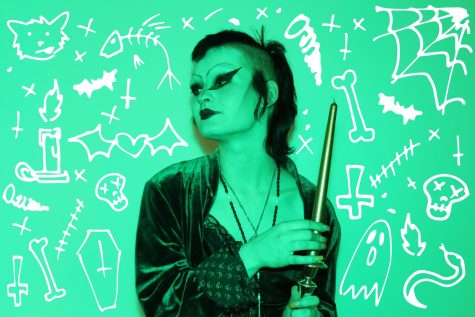
Loving your Reflection
Matt Petersen ( He / They )
Growing up, Junior Matt Petersen was always seen as a “masculine girl”, however after struggling with his identity Peterson realized that this wasn’t true. In middle school, Peterson realized that he was truly transgender and gay.
“I felt alienated when I came out in middle school because there were no other transgender people around me and I was the only one really out there,” Petersen said.
For Petersen, entering high school was an opportunity to enter a more genderqueer community.
“When I got to high school, I met a lot of transgender people, especially through GSA [Gay Straight Alliance] and it made me feel a bit more comfortable in who I am,” Petersen said.
Today, Petersen still struggles with gender, yet has become more comfortable in who he is.
“I do still struggle with my gender, but I do feel comfortable in my sexuality. I don’t try to hide who I am. I hated hiding who I was because I’d look in the mirror and think to myself, ‘Oh I have no idea who this person is.’ This year I was finally able to step up and say, I just want to be me,” Petersen said.
Figuring out who he is took time, yet his personal connection with pride has supported him along the way.
“Pride just honestly means being happy with that acceptance of the person you are,” Petersen said. “That pride is something that will carry you through the rest of your life and how you decide to express yourself.”
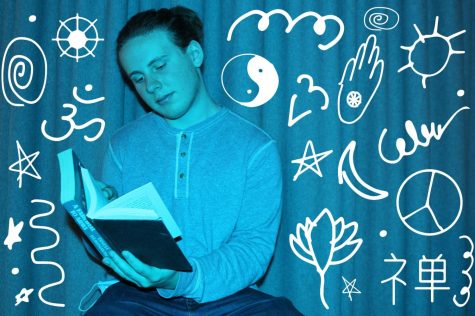
A Bible Camp Crush
Colin Fitzsimmons ( He / Him )
At 12 years old, Junior Colin Fitzsimmons first developed a crush on a boy in bible camp. With this crush, he confided in a supportive friend about his bisexuality, and eventually came out to his small group leader at camp.
“My small group leader was very accepting, so then I just sort of went around friend and friend that I thought was important, and eventually told my parents, all over the course of the next three, four weeks it all went pretty smoothly,” Fitzsimmons said.
Fitzsimmons still faced unaccepting people and fears with his coming out, yet was able to overcome many obstacles with his sexuality.
“I would say it’s not as big a deal as you think it is. I think when you fear coming out it can be all that you think about, really taking up who you are and a lot of your mental capacity. I would say, once you clear that hurdle, it becomes something that’s in the back of your mind,” Fitzsimmons said.
Once Fitzsimmons had come out, his sexuality simply became another part of his personality.
“I don’t think your sexuality should be the defining characteristic about you. I think you should define who you are and that can just be a small part of it,” Fitzsimmons said. “Pride means to me that this isn’t something I want to, or I could change if I tried, so I am perfectly okay with who I am.”
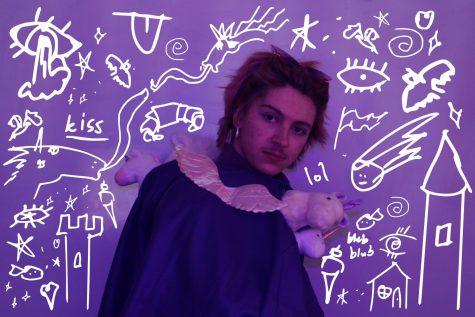
Love is a Revolution
Paul Lazzari (Any Pronouns)
For Senior Paul Lazzari, coming out as non-binary was not a one time thing.
“It’s so hard to come out to yourself first, but then to come out to people consistently every day,” Lazzari said. “Every day is a sort of coming out of meeting new people trying to figure out where they see you as a human, as a part of normal society, or as someone different.”
Lazzari was fortunate to have supportive family and friends as they continued to meet more people in the LGBTQ+ community. After establishing a personal pride community, they had a positive experience with their identity.
“It is very empowering to be able to get together with other people who face similar struggles and will support you with sexuality and gender identity. It’s important and it makes me feel joyful and helped me love myself,” Lazzari said.
Today, Lazzari stands confident in their self-image and highlights the importance of experimenting when trying to identify oneself.
“One of the biggest pieces of advice is just to not be afraid to try on different labels or identities. Sexuality and gender identity, everything about you, is fluid and changing and it’s ok to experience that fluidity,” Lazzari said.
For students struggling with their own LGBTQ+ identities, Lazzari expresses the power that comes with pride, inspiring others to be comfortable in their own skin.
Pride is joy. Pride is rebellion. Pride is Revolution in society.
– Paul Lazzari
“Pride is revolution. To love yourself not in spite of your insecurities or identity or sexuality, but because of those things. In a world that will hate your sexuality and hate your gender identity and push you down and try to make you subhuman, loving yourself in that setting is a rebellion of culture. It’s a rebellion against those who would oppress you,” Lazzari said. “Pride is joy. Pride is rebellion. Pride is Revolution in society.”
Your donation will support the student journalists at Barrington High School! Your contribution will allow us to produce our publication and cover our annual website hosting costs.

